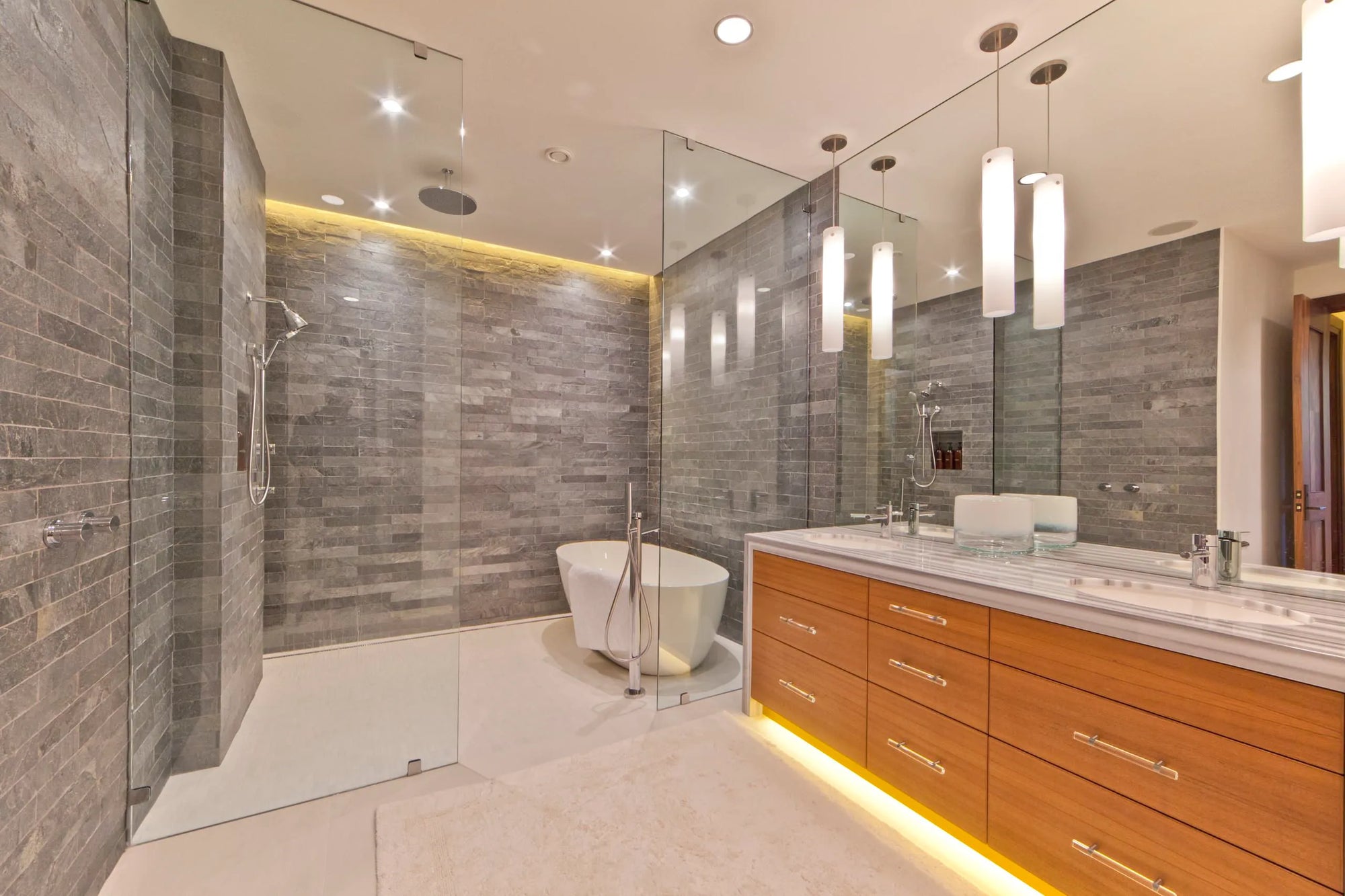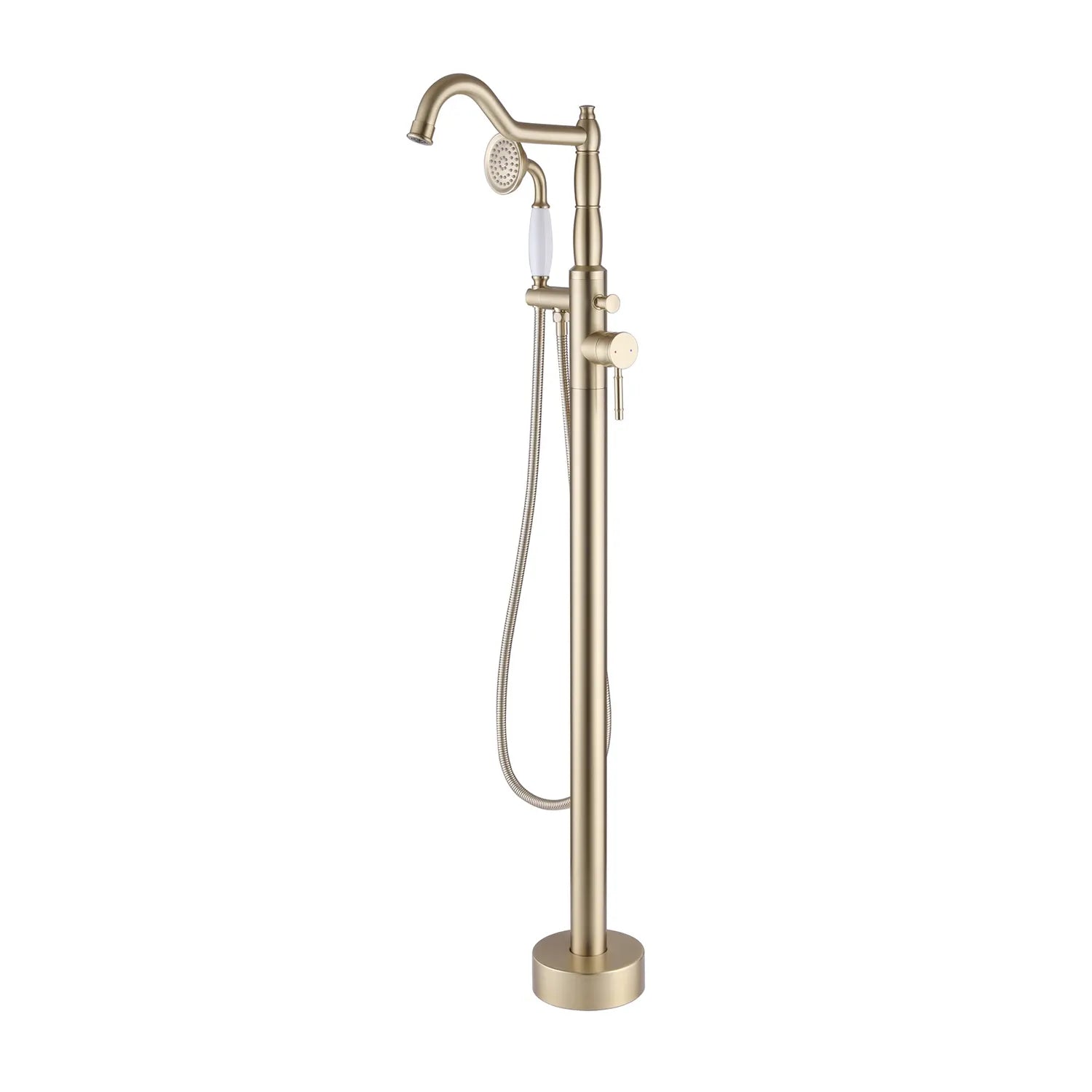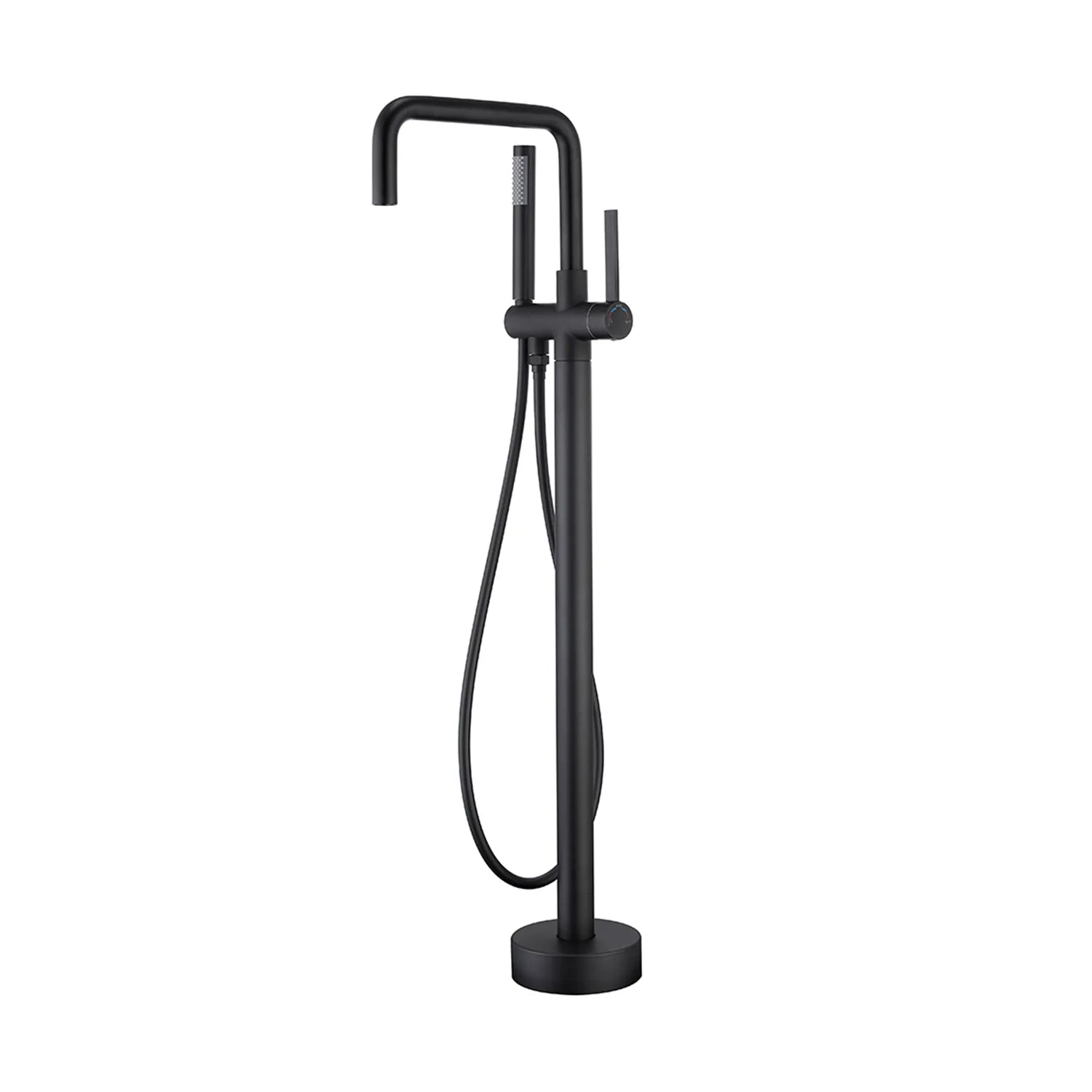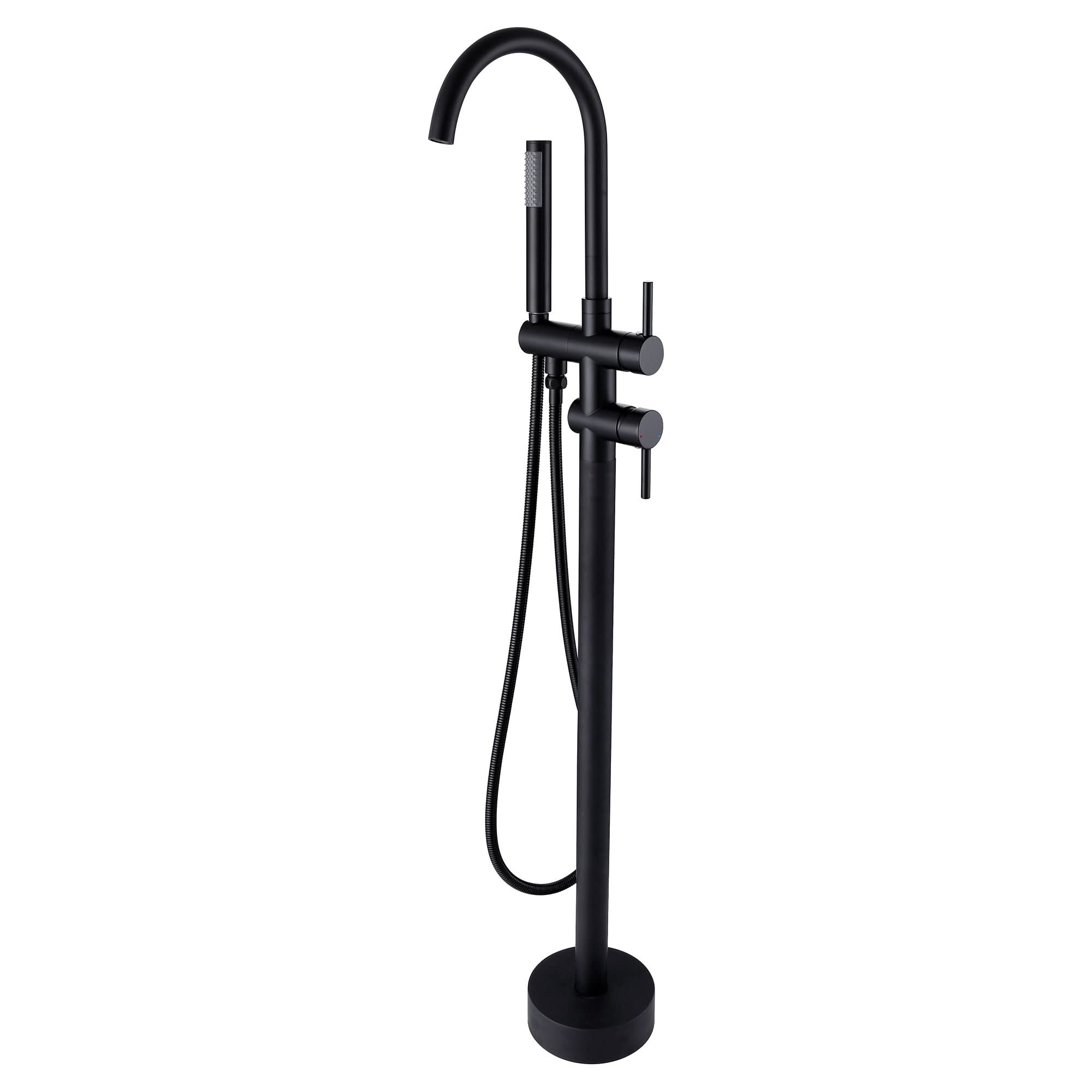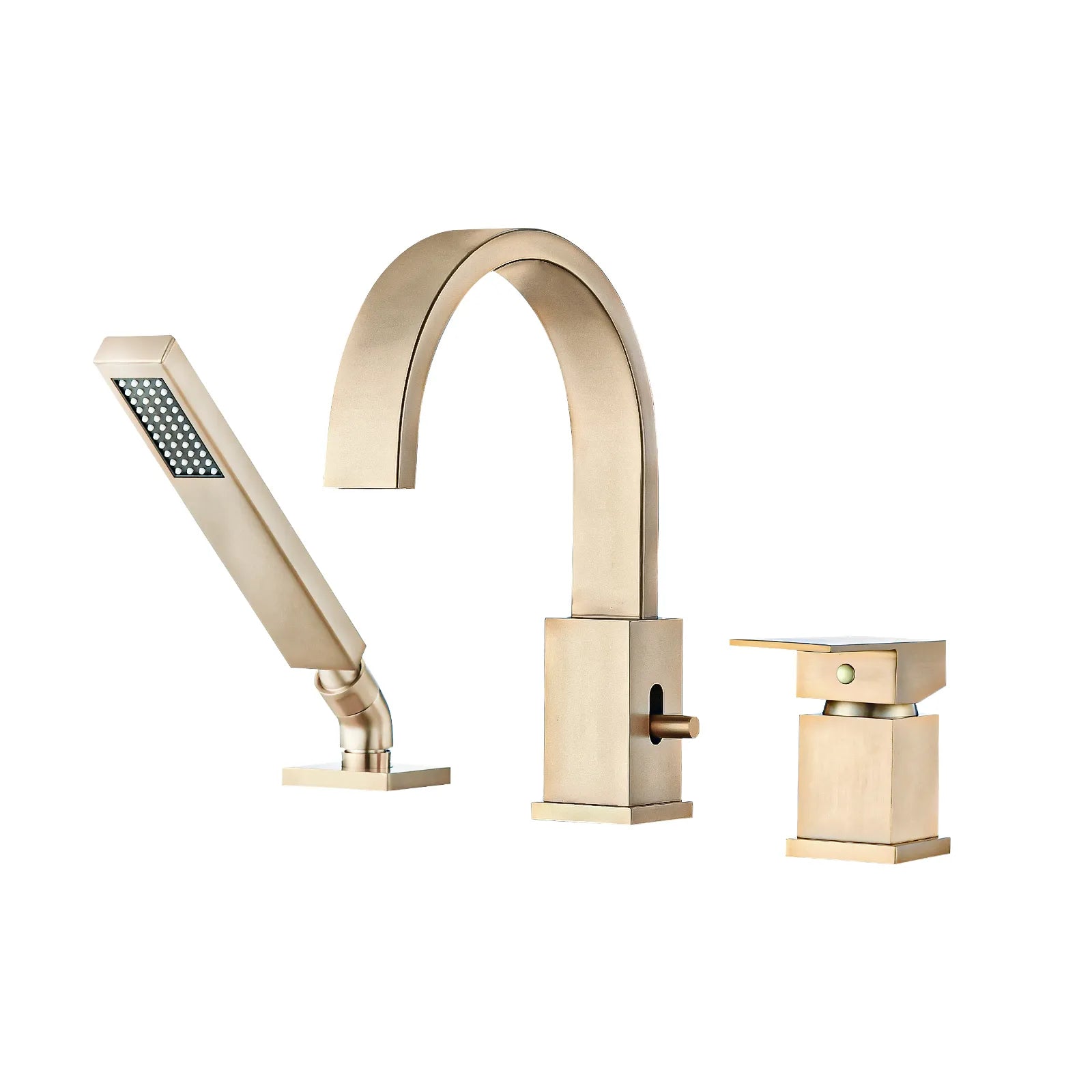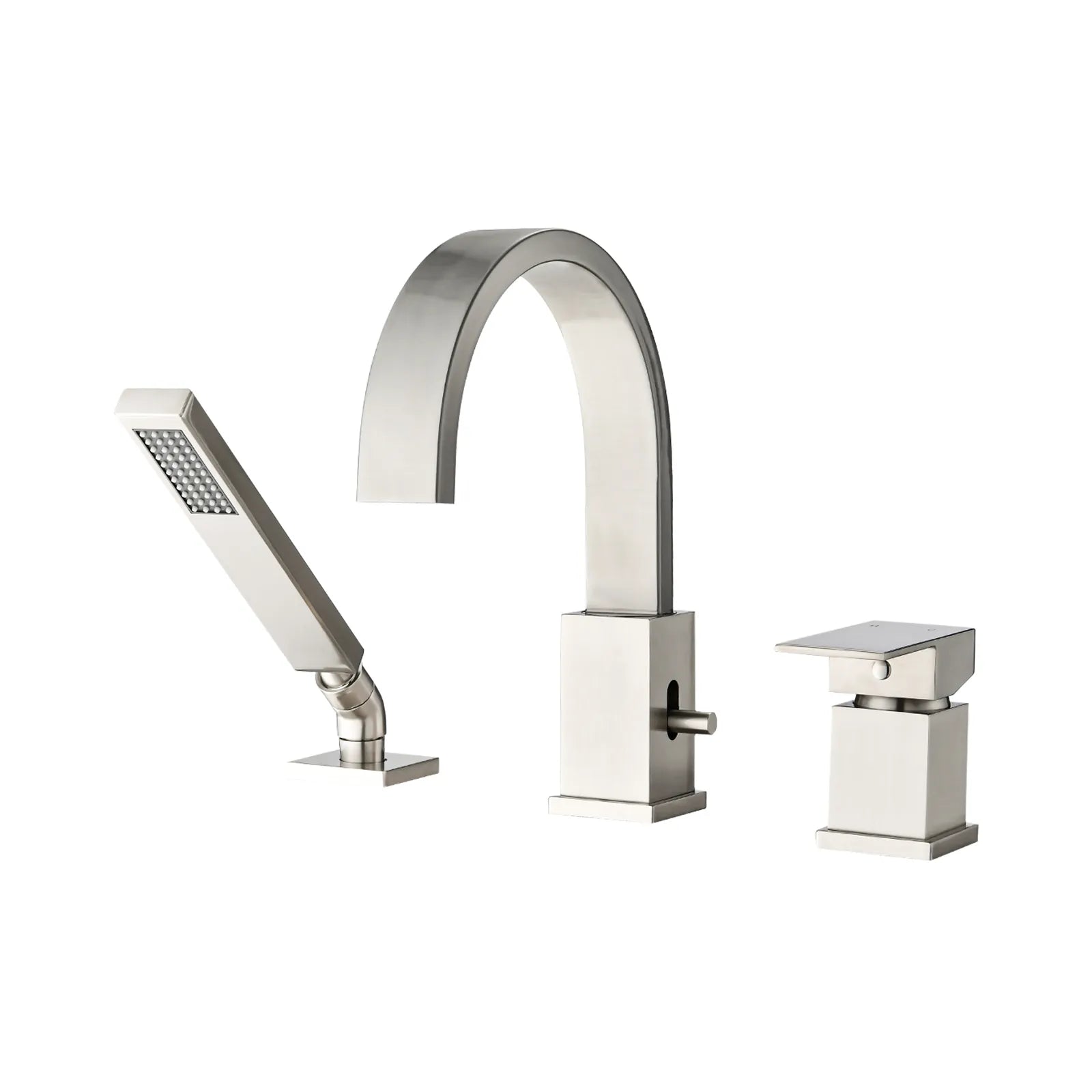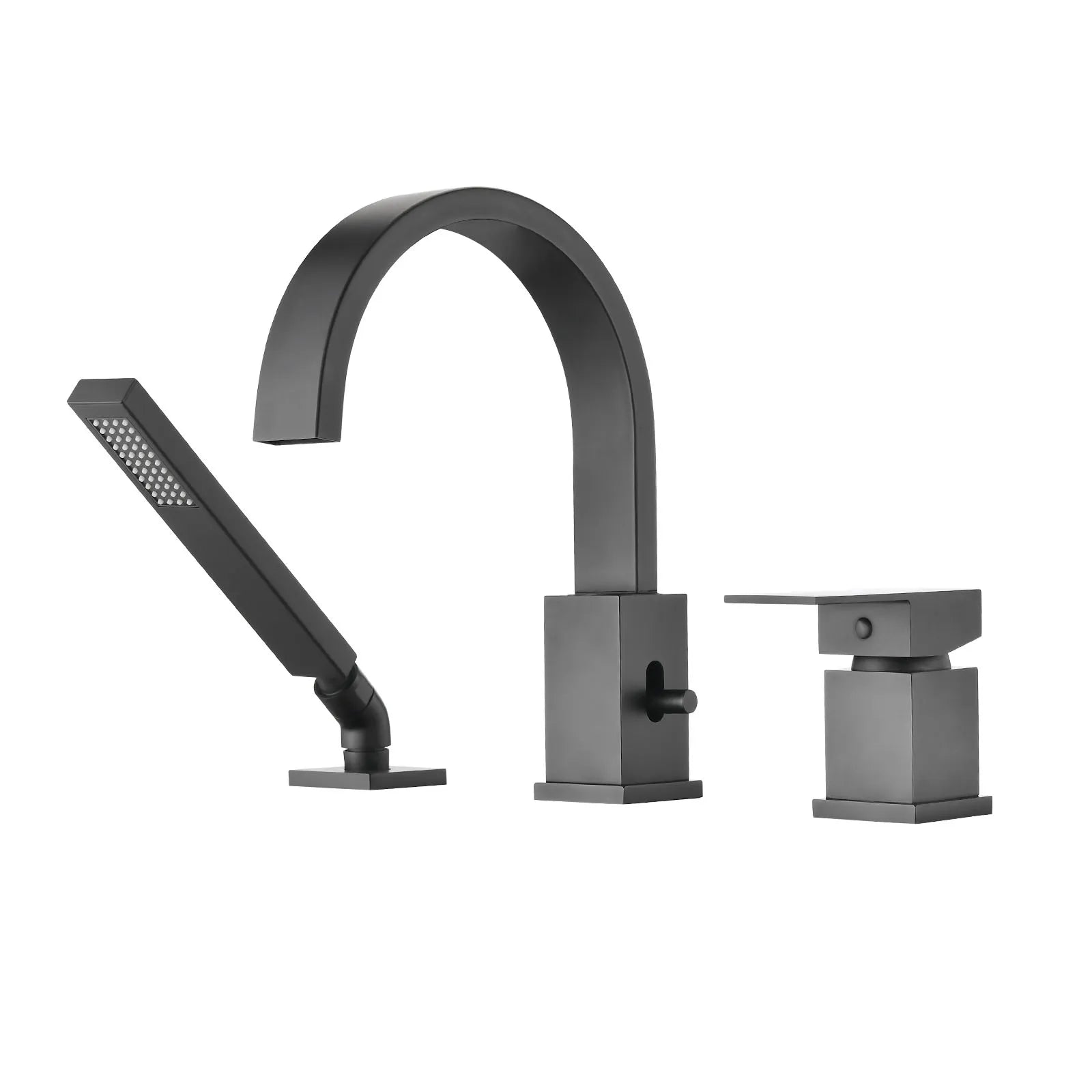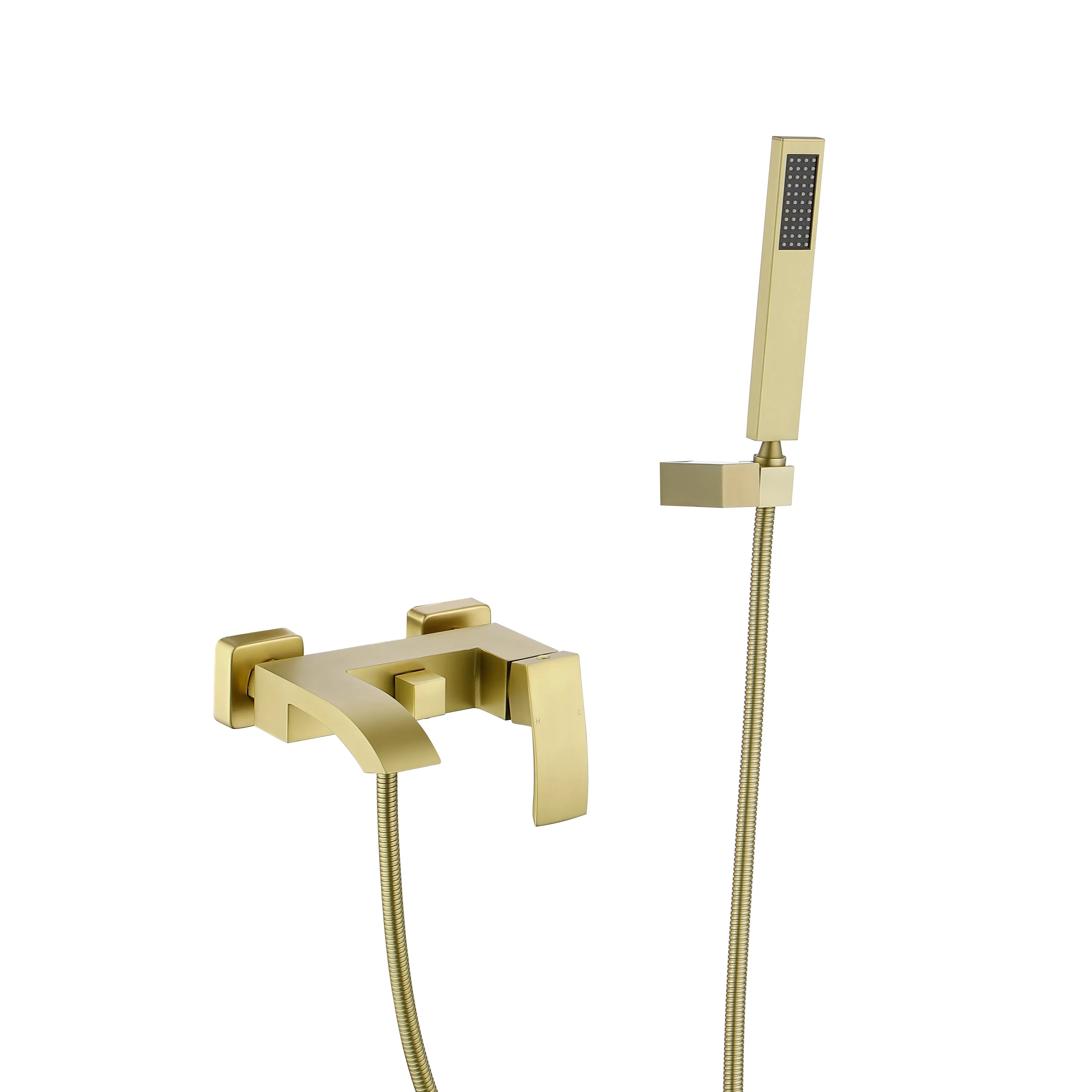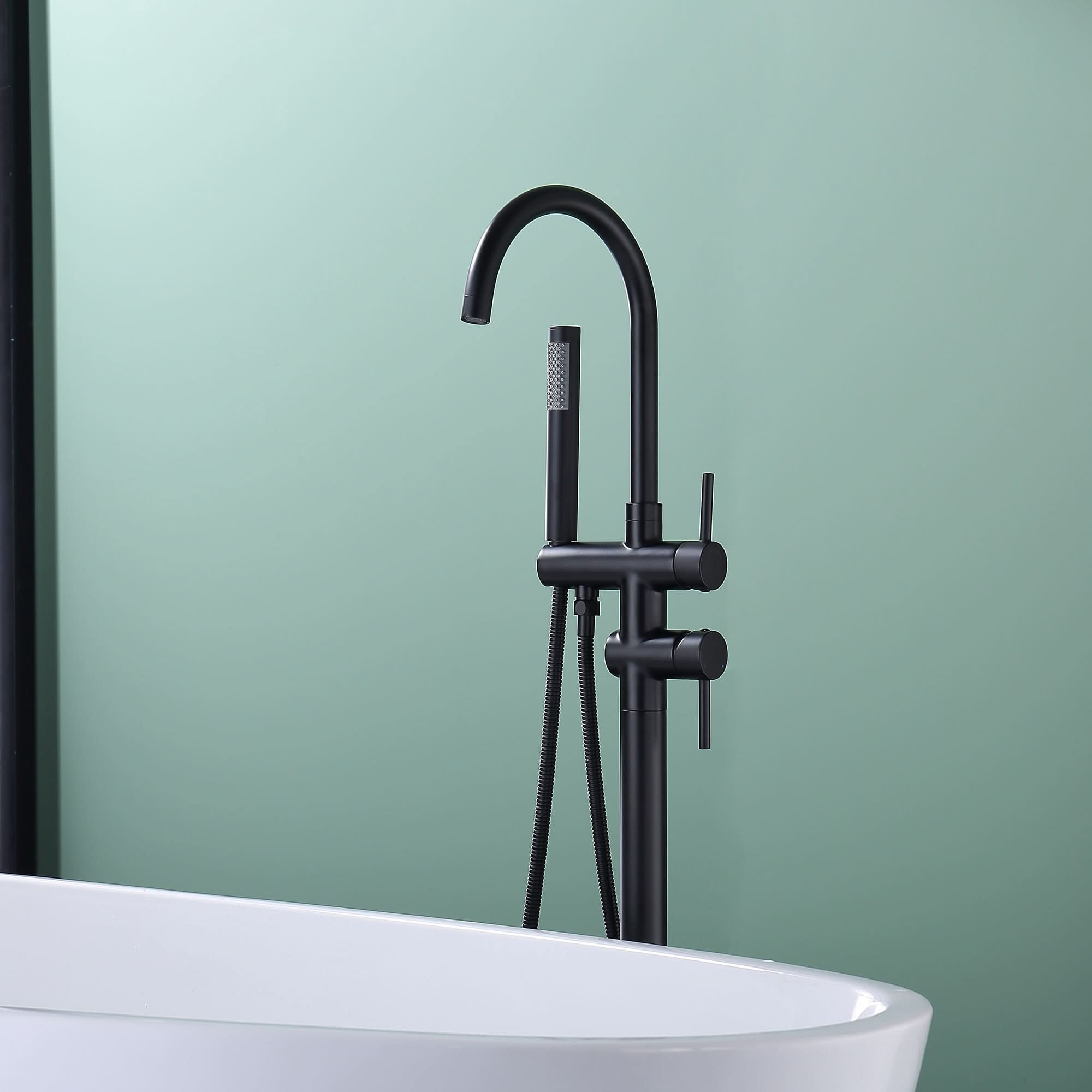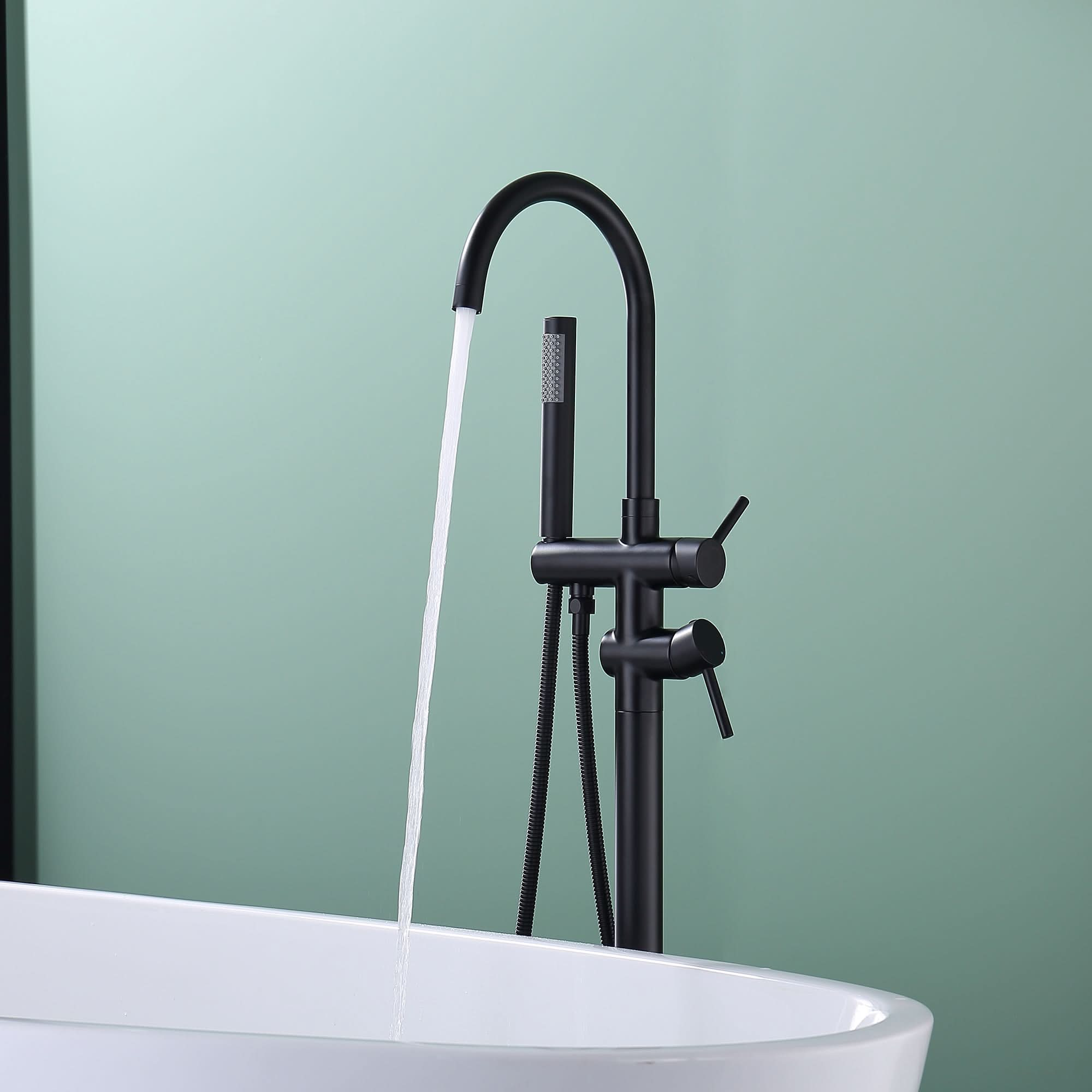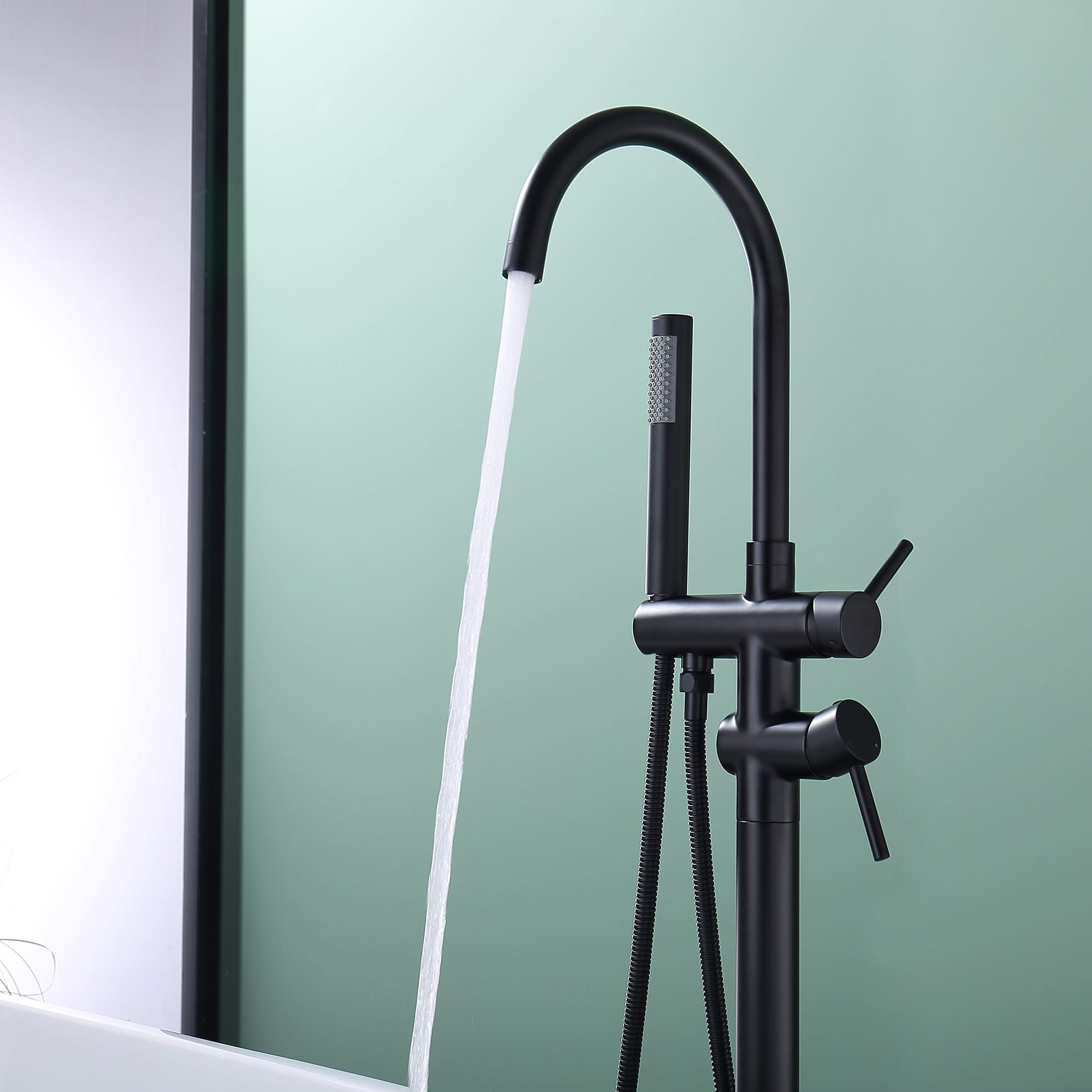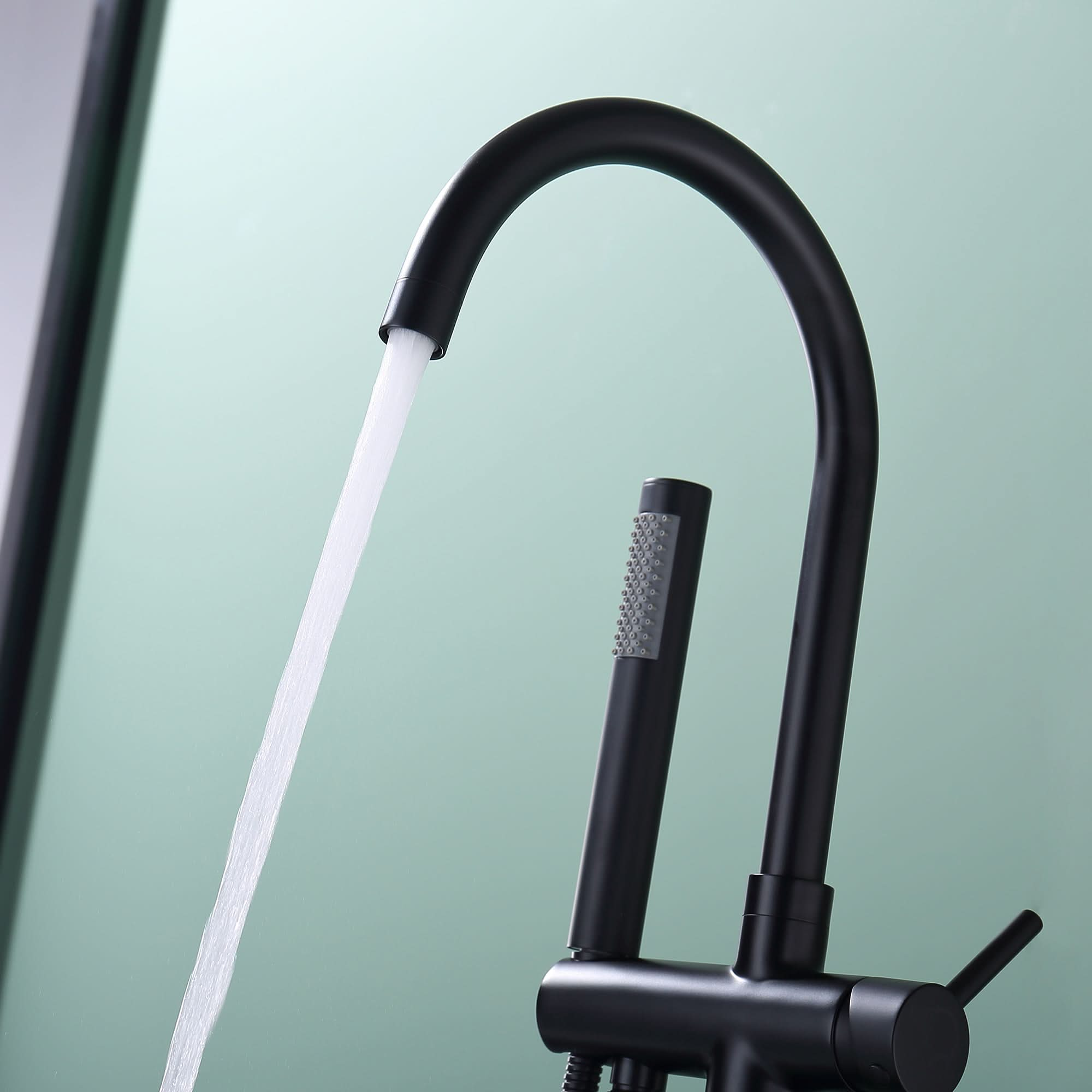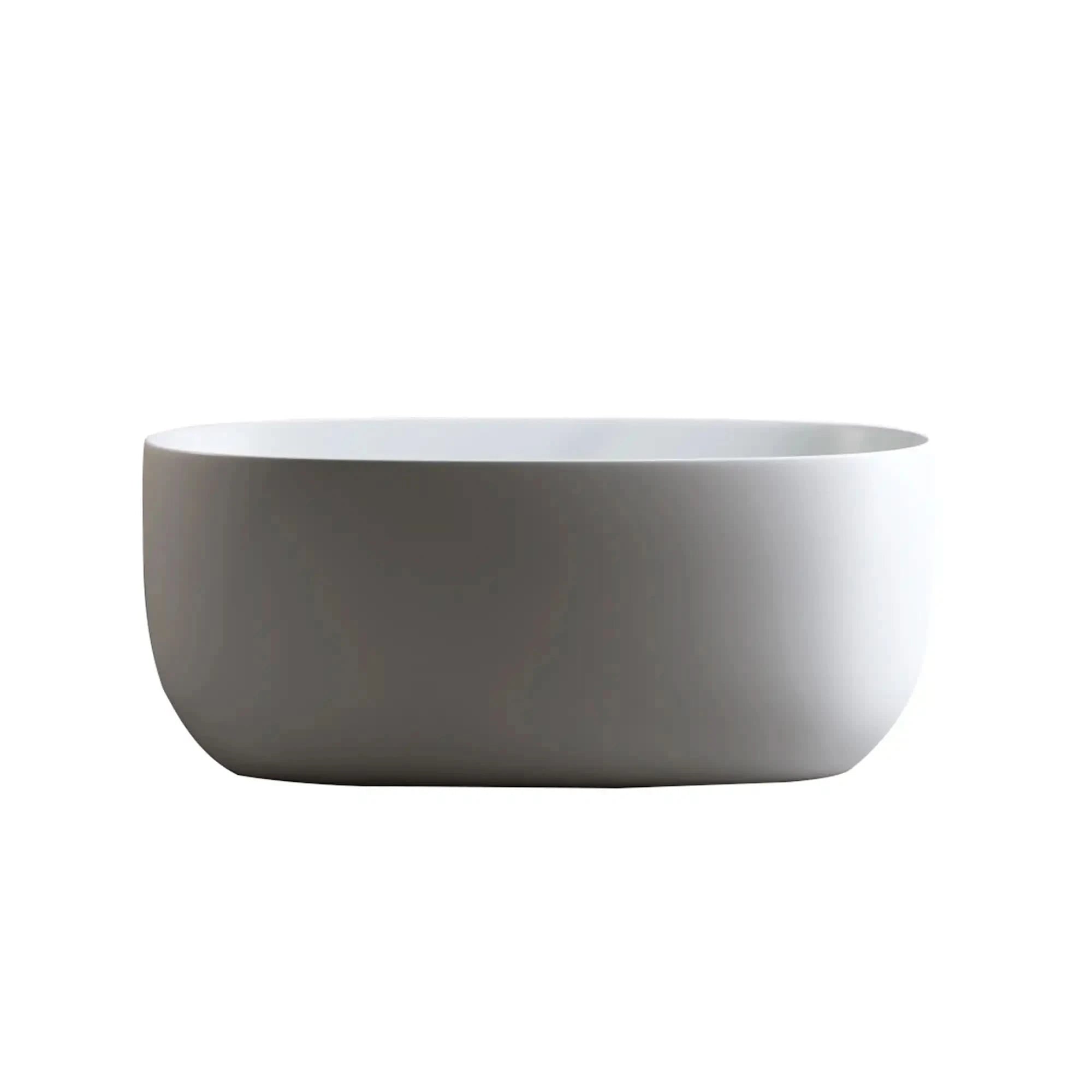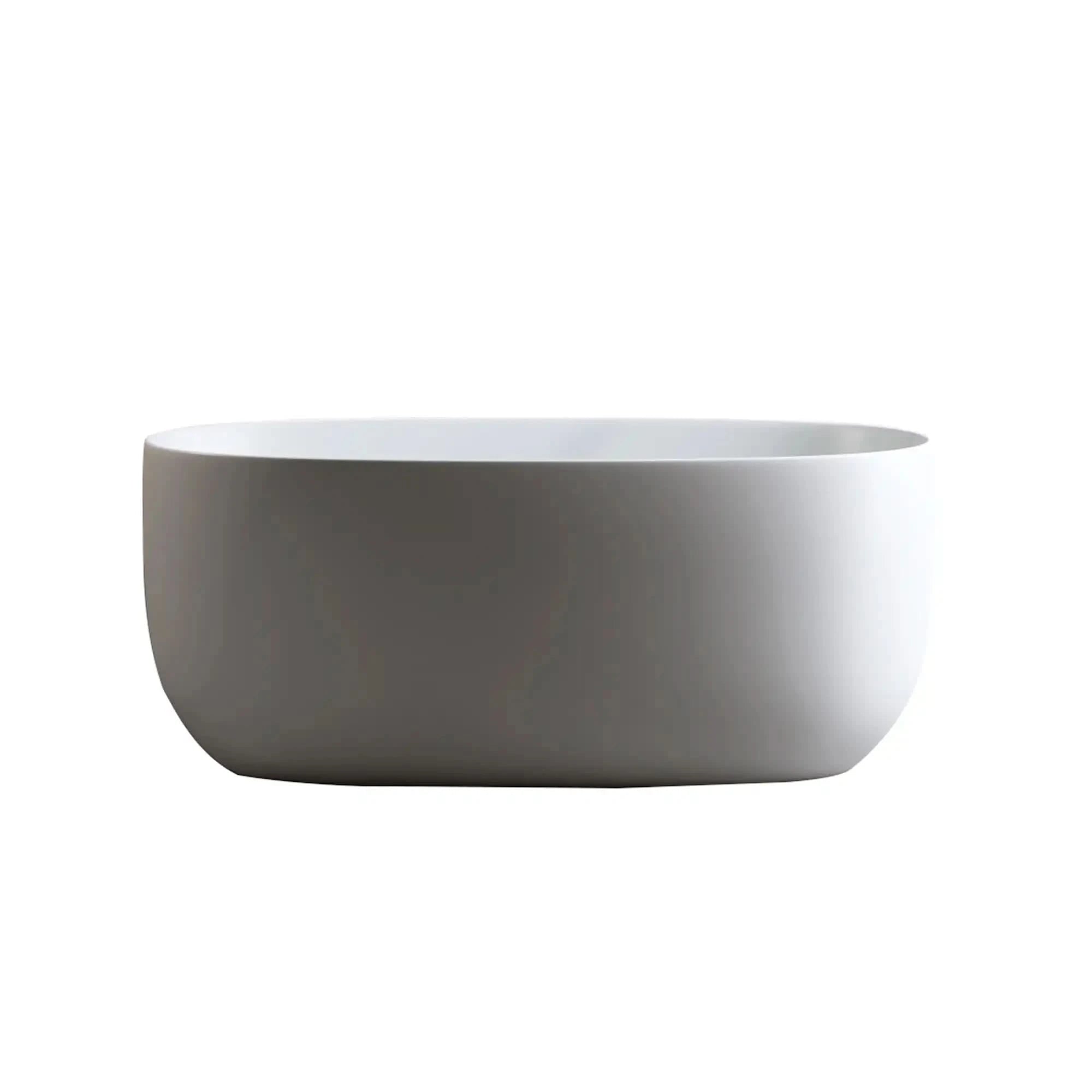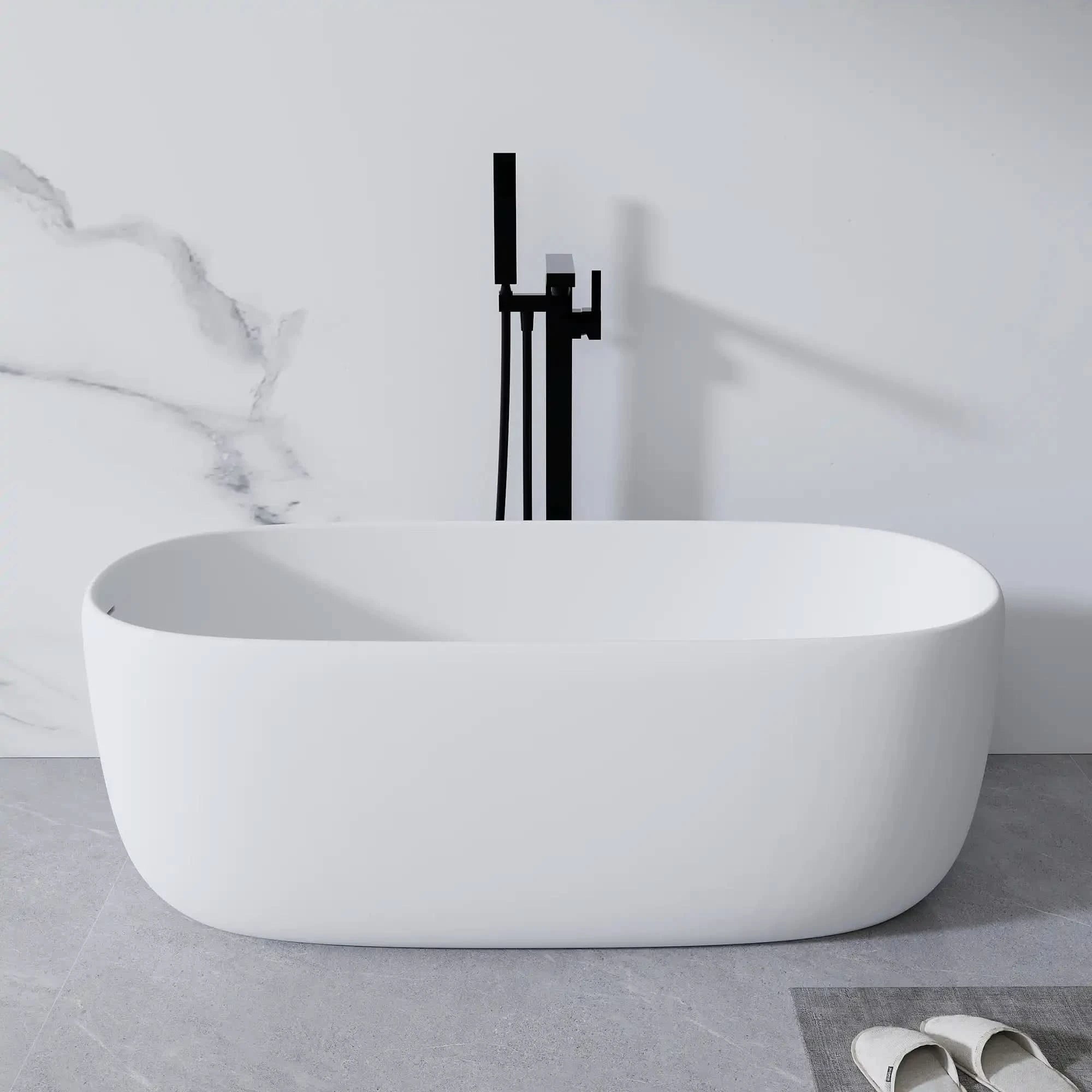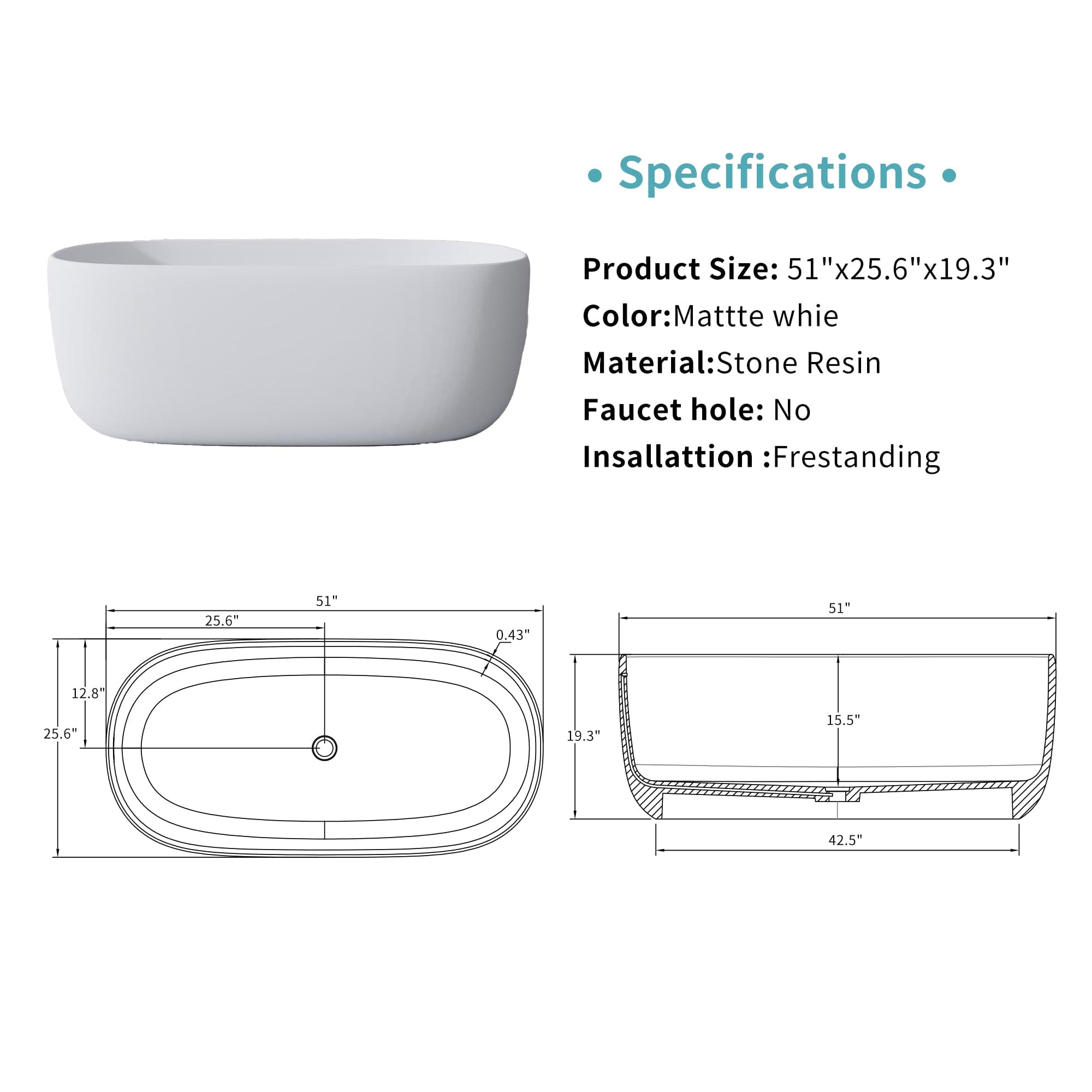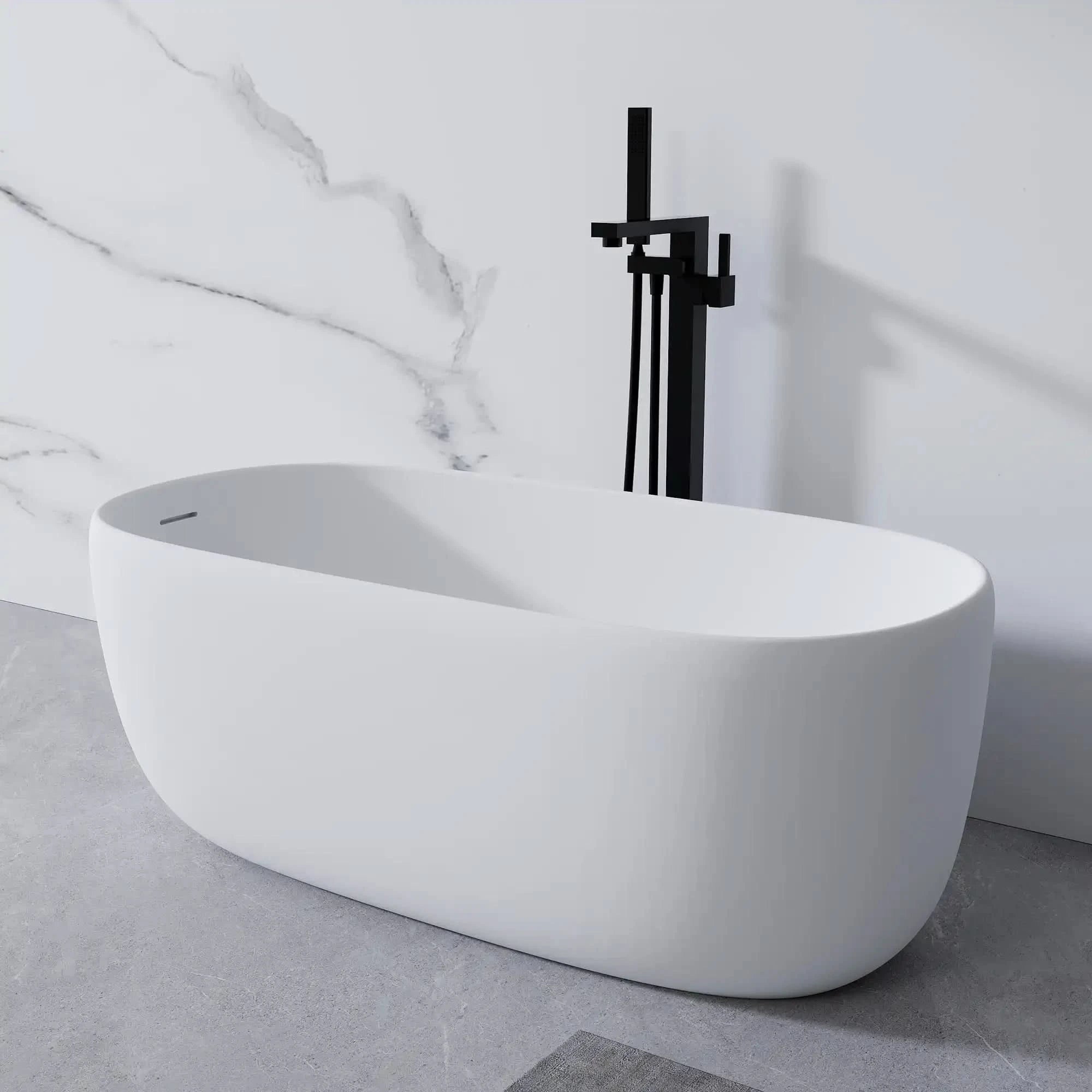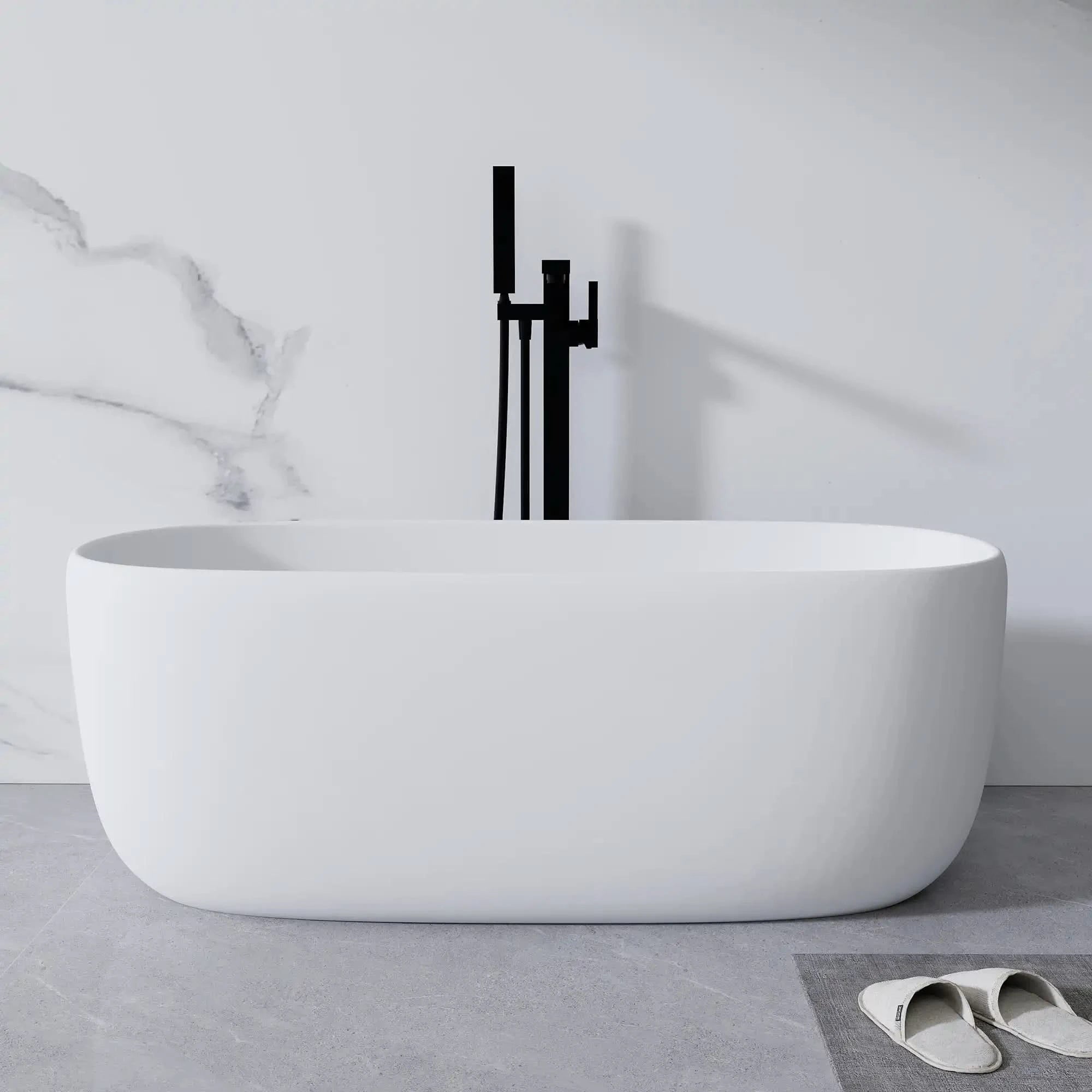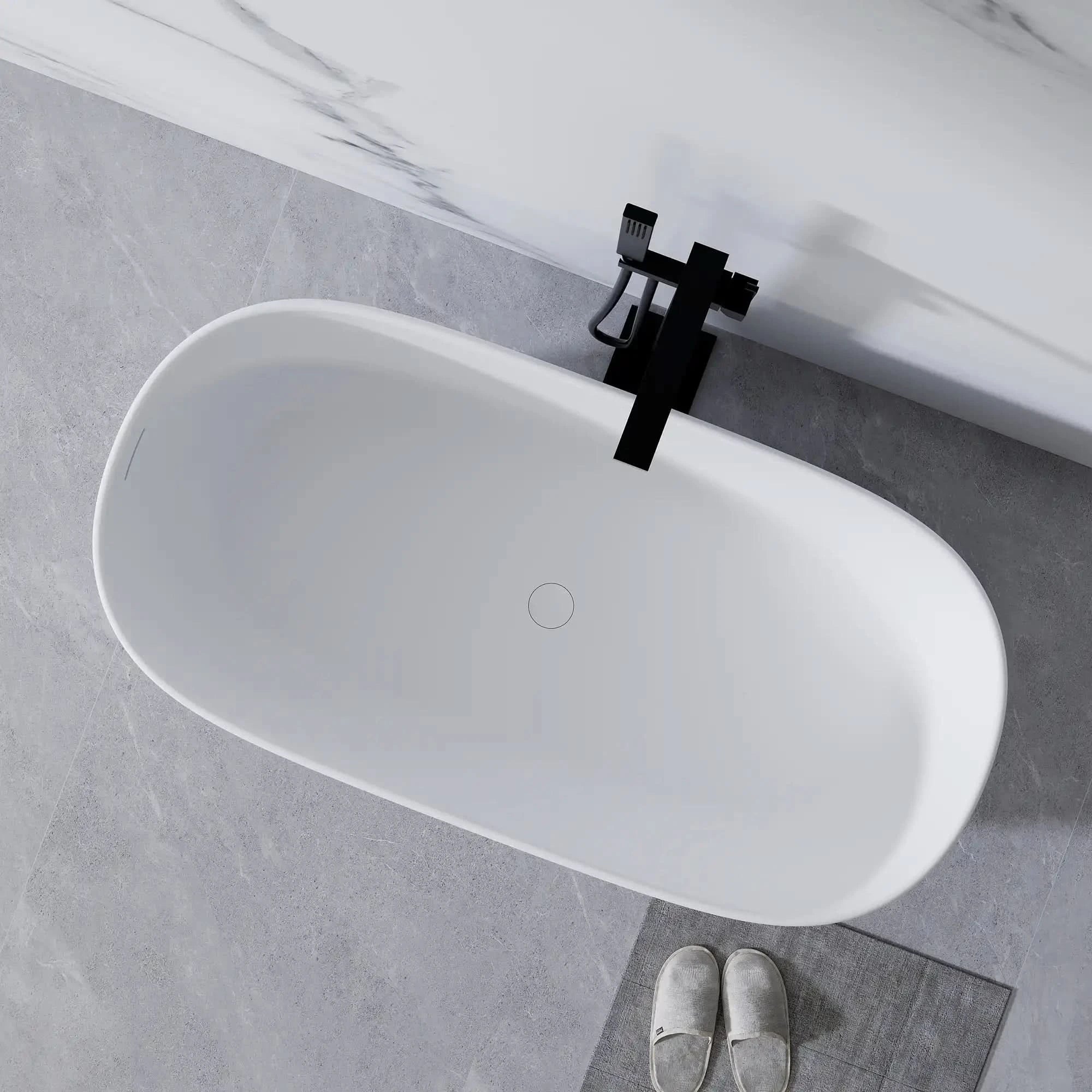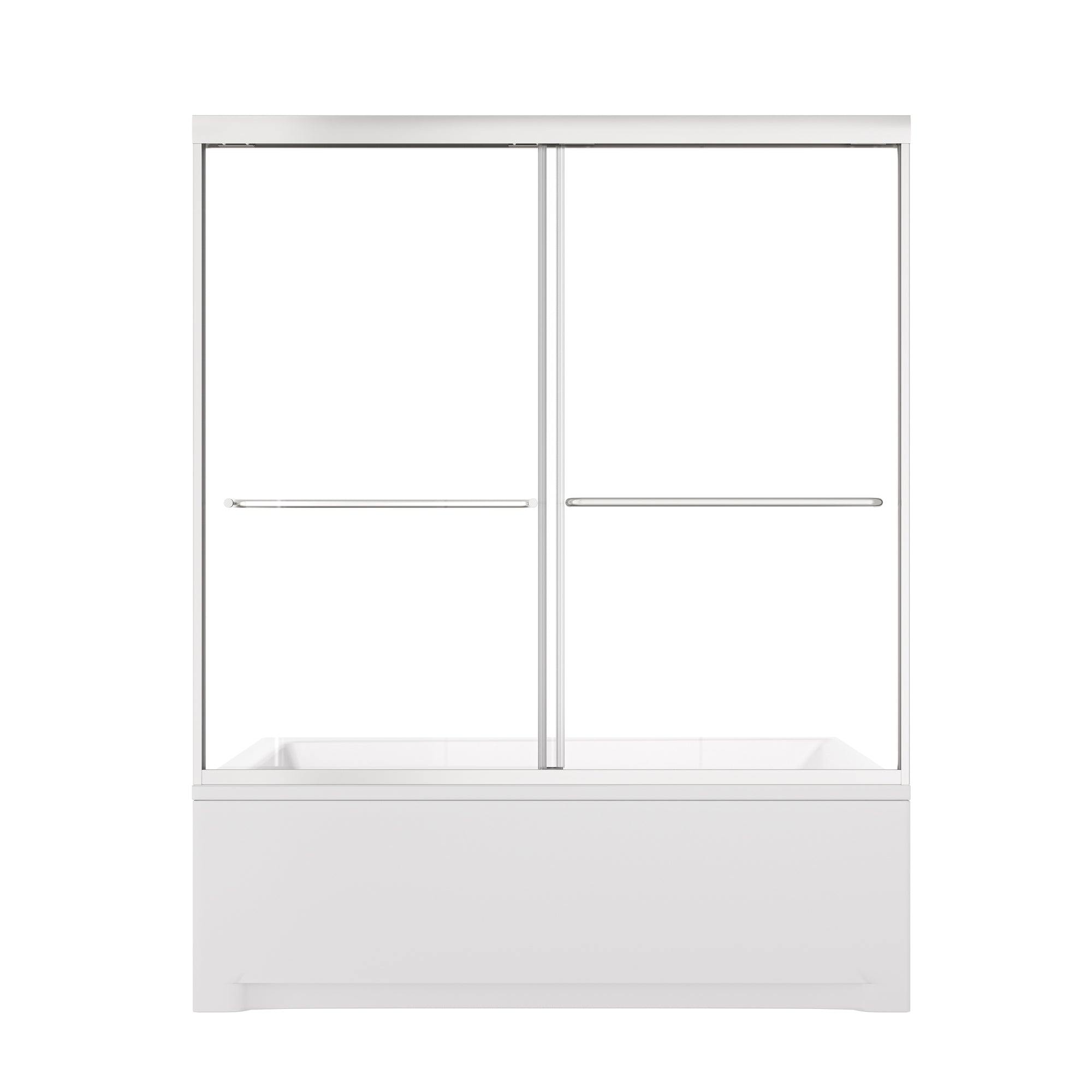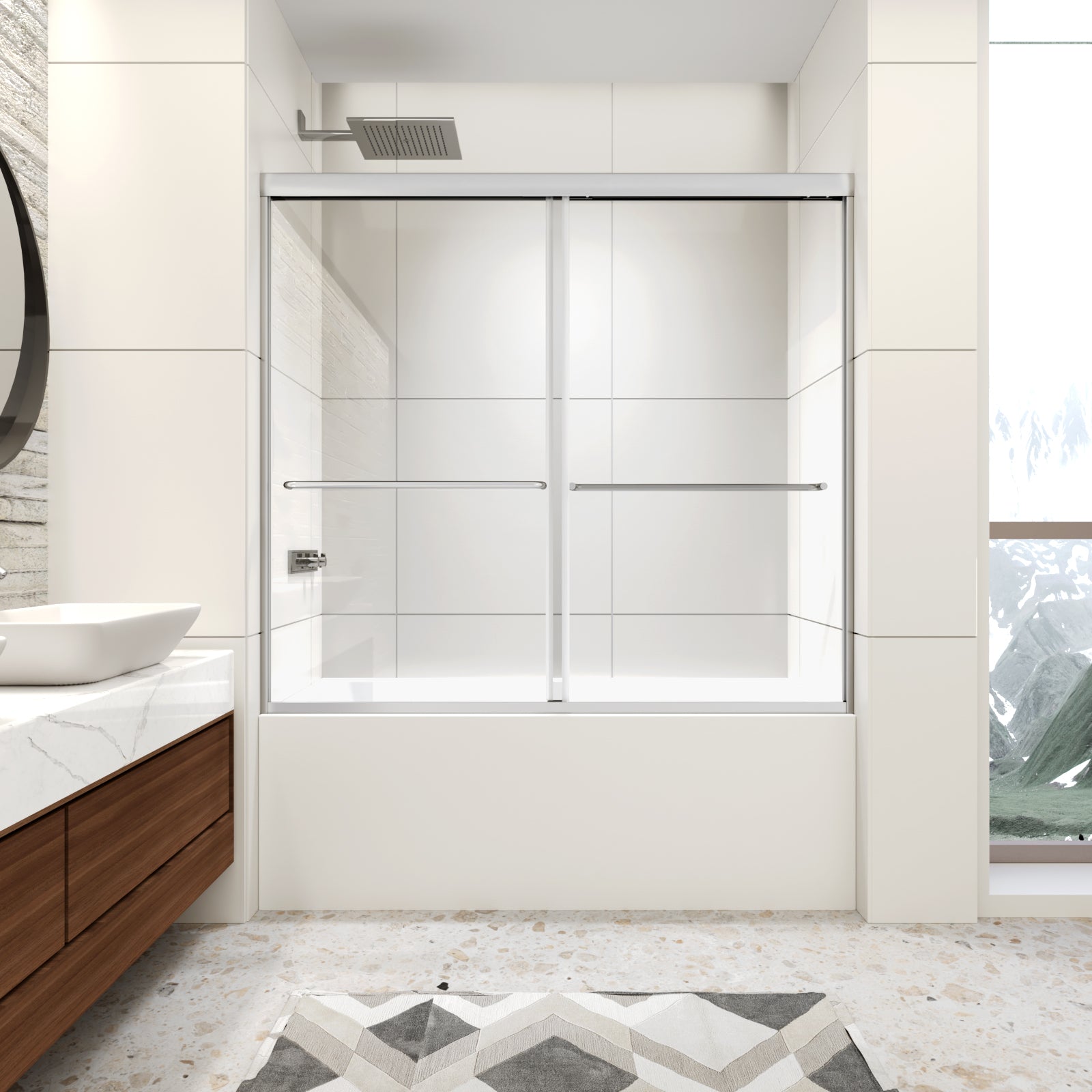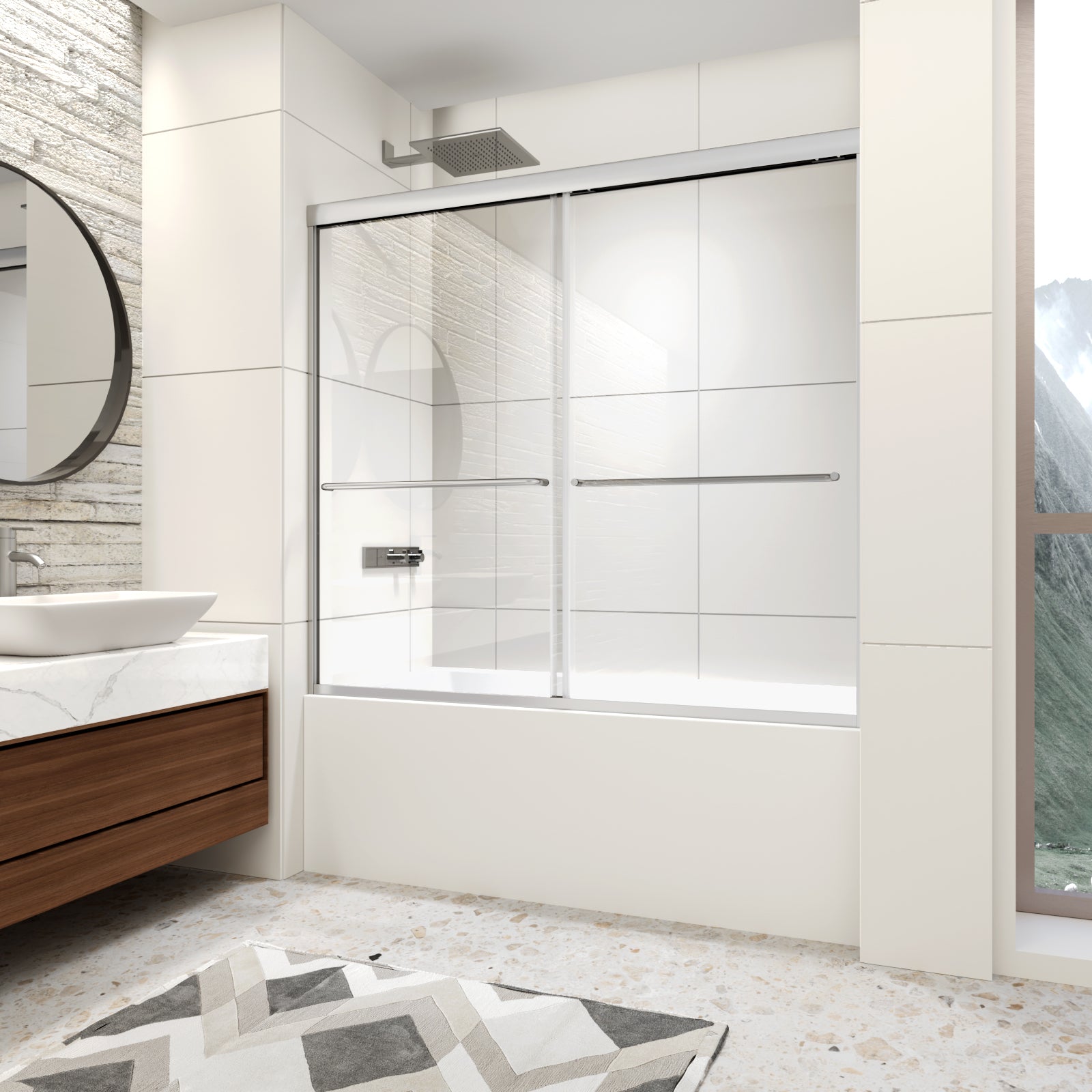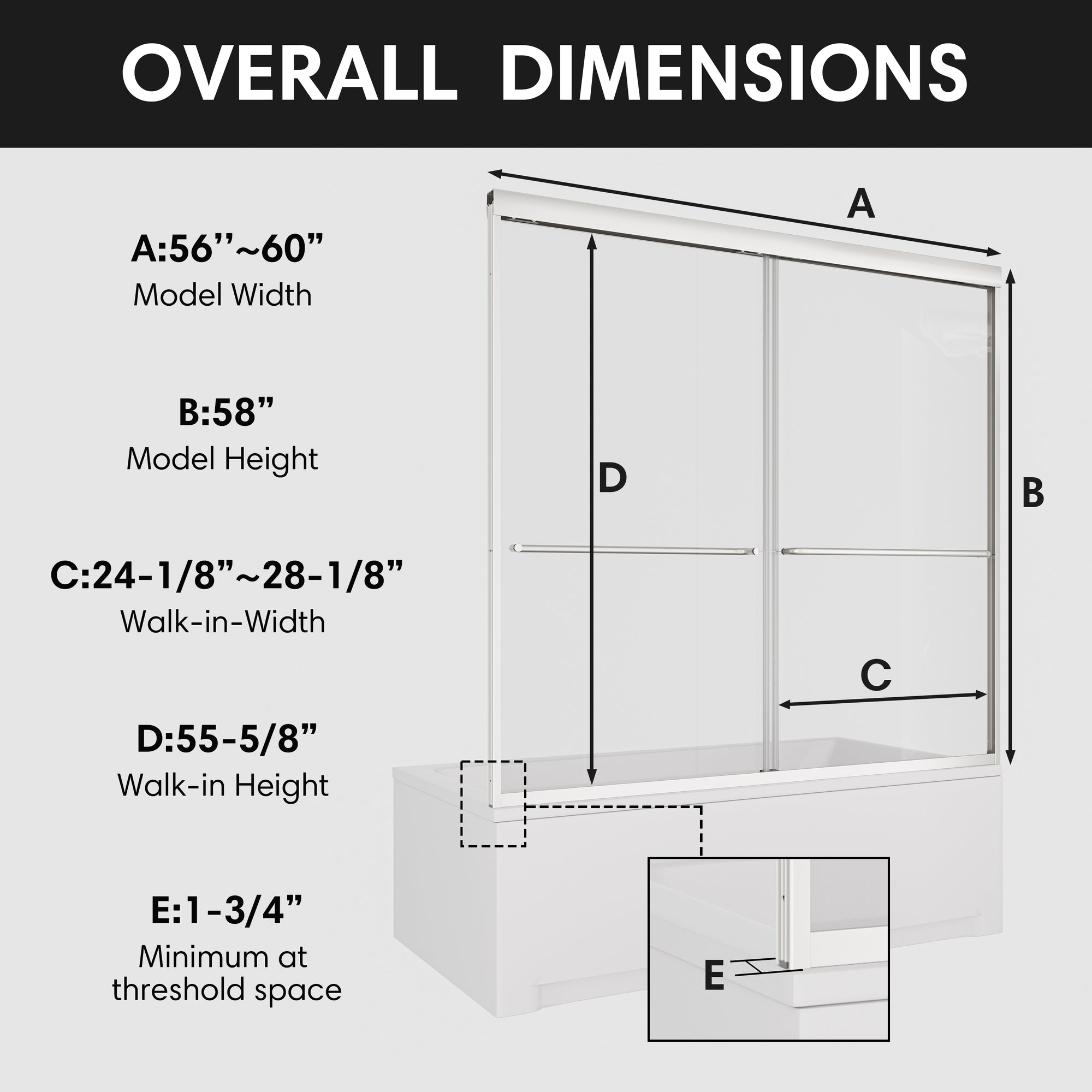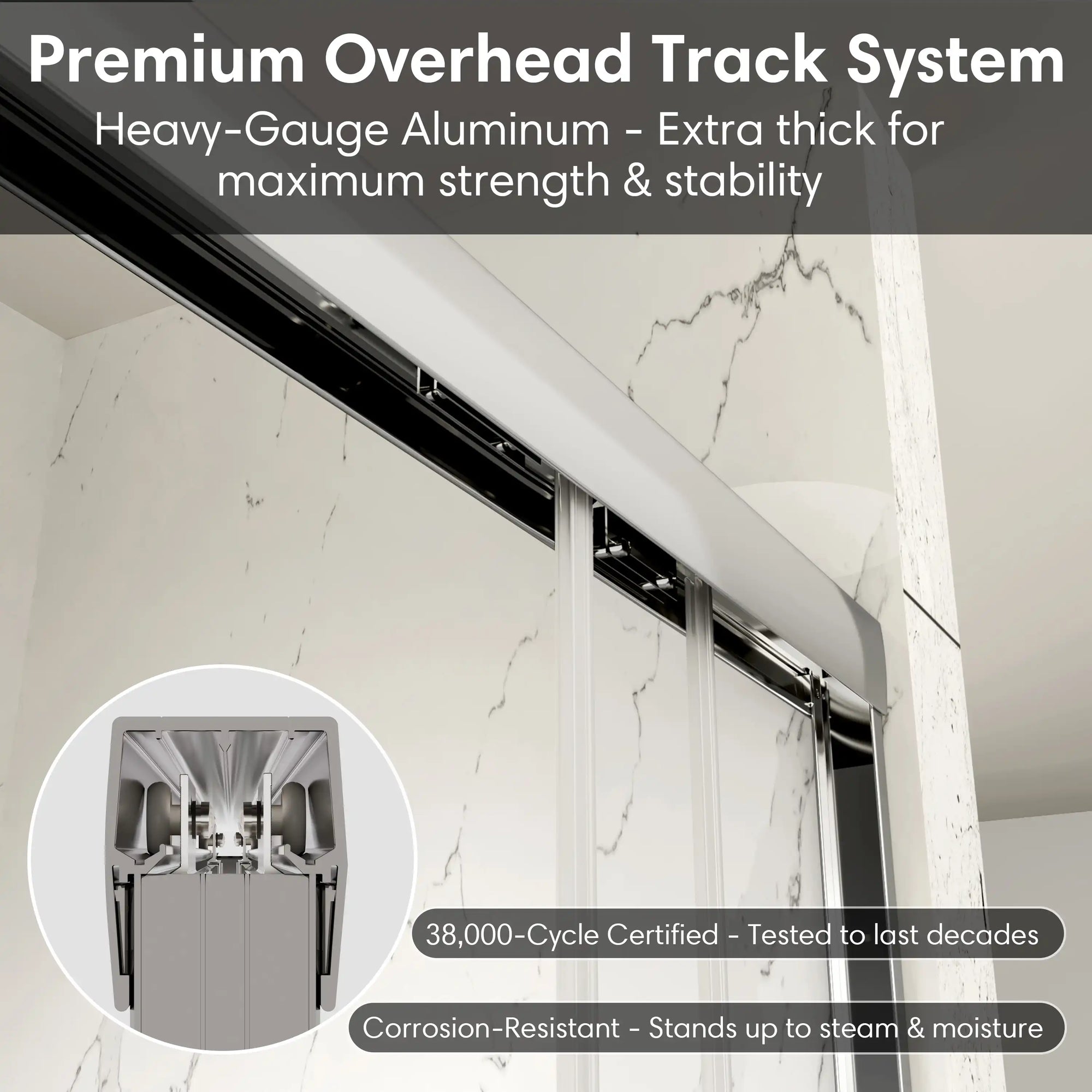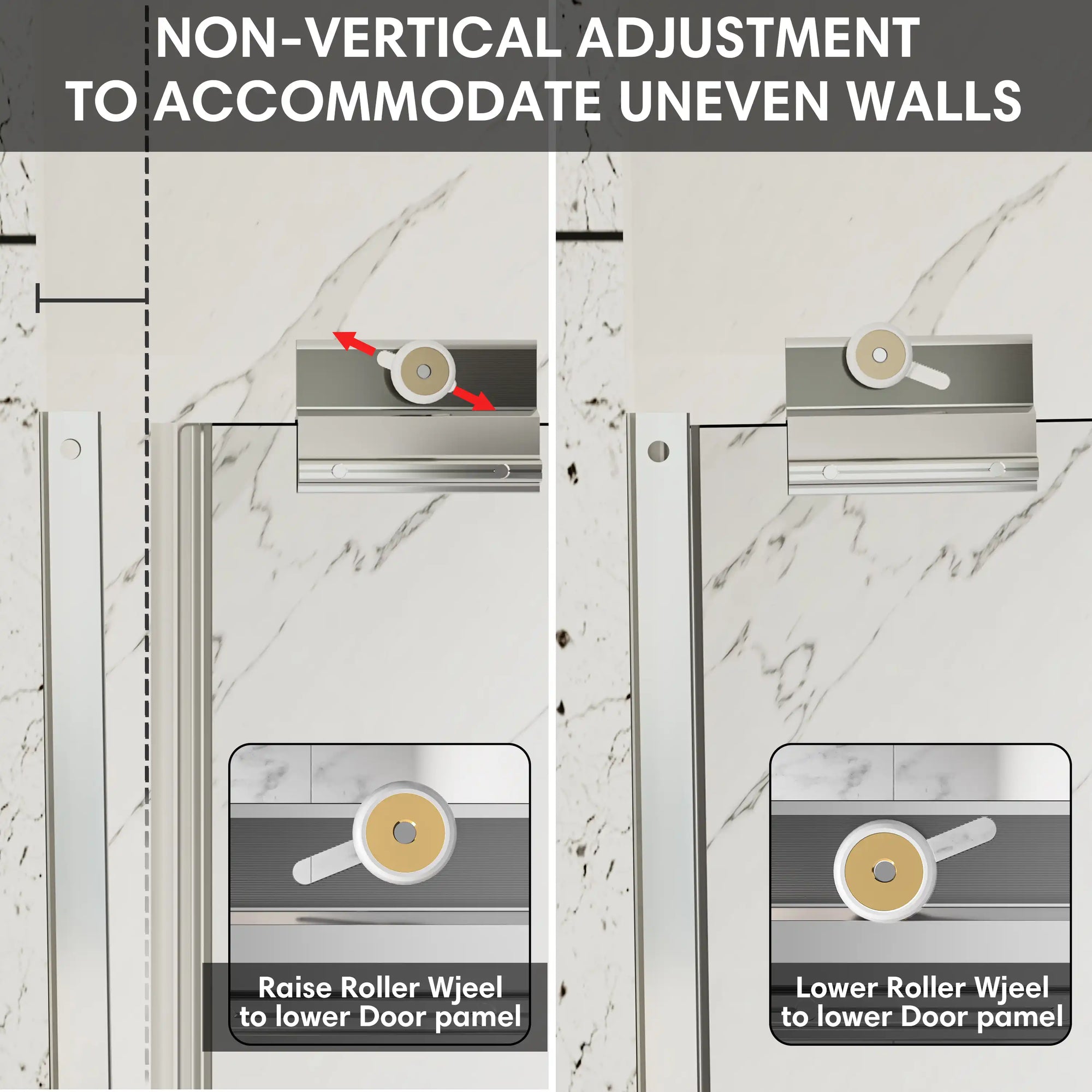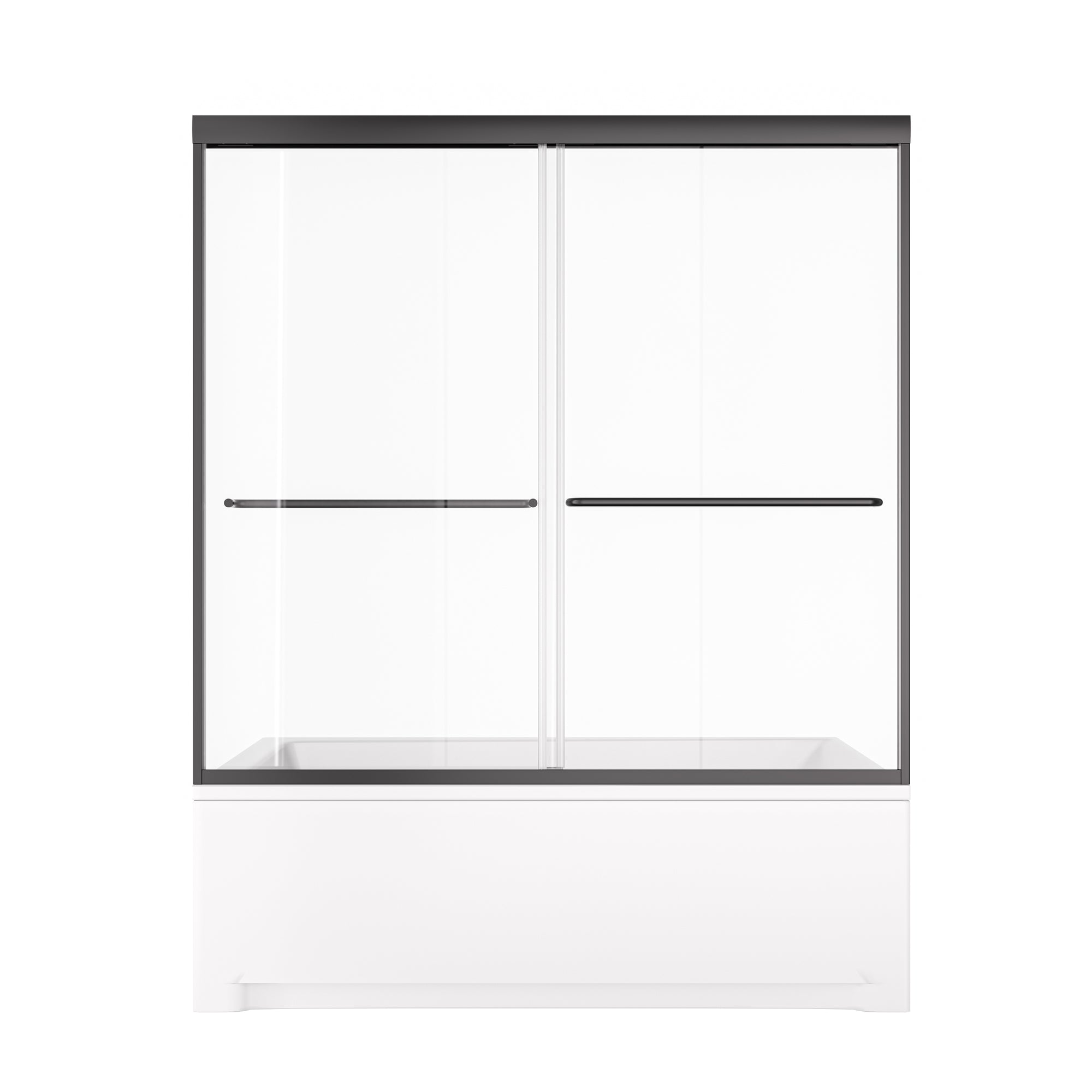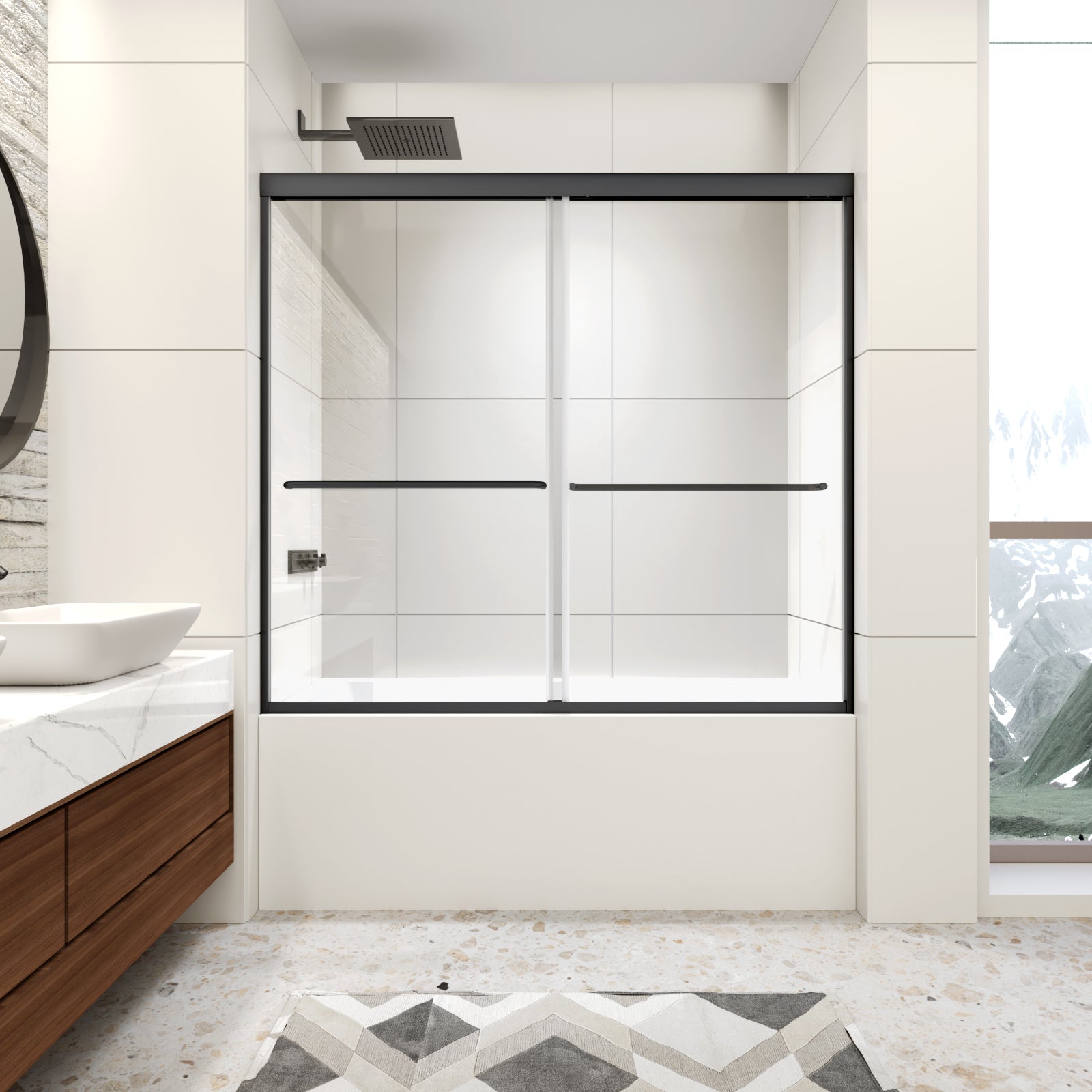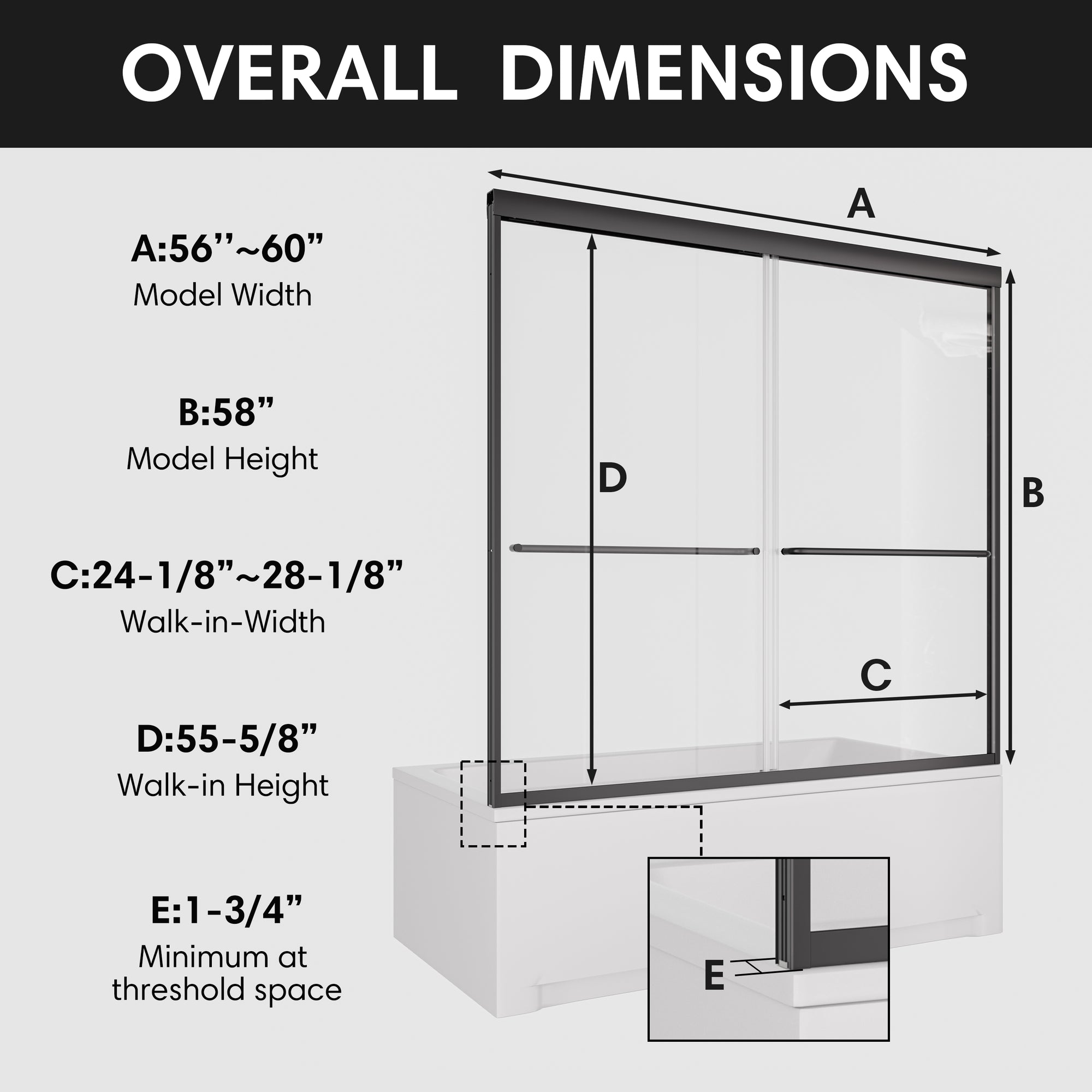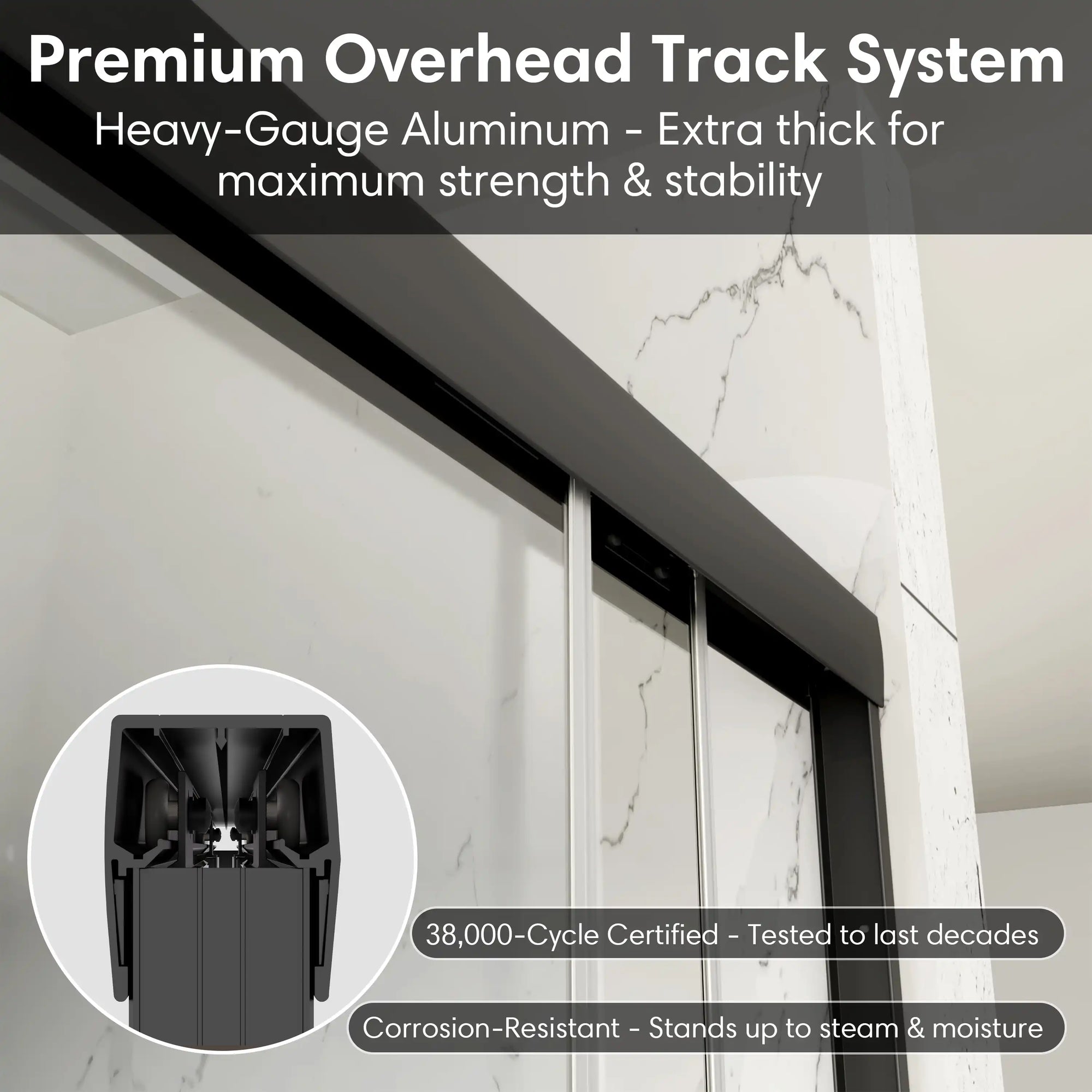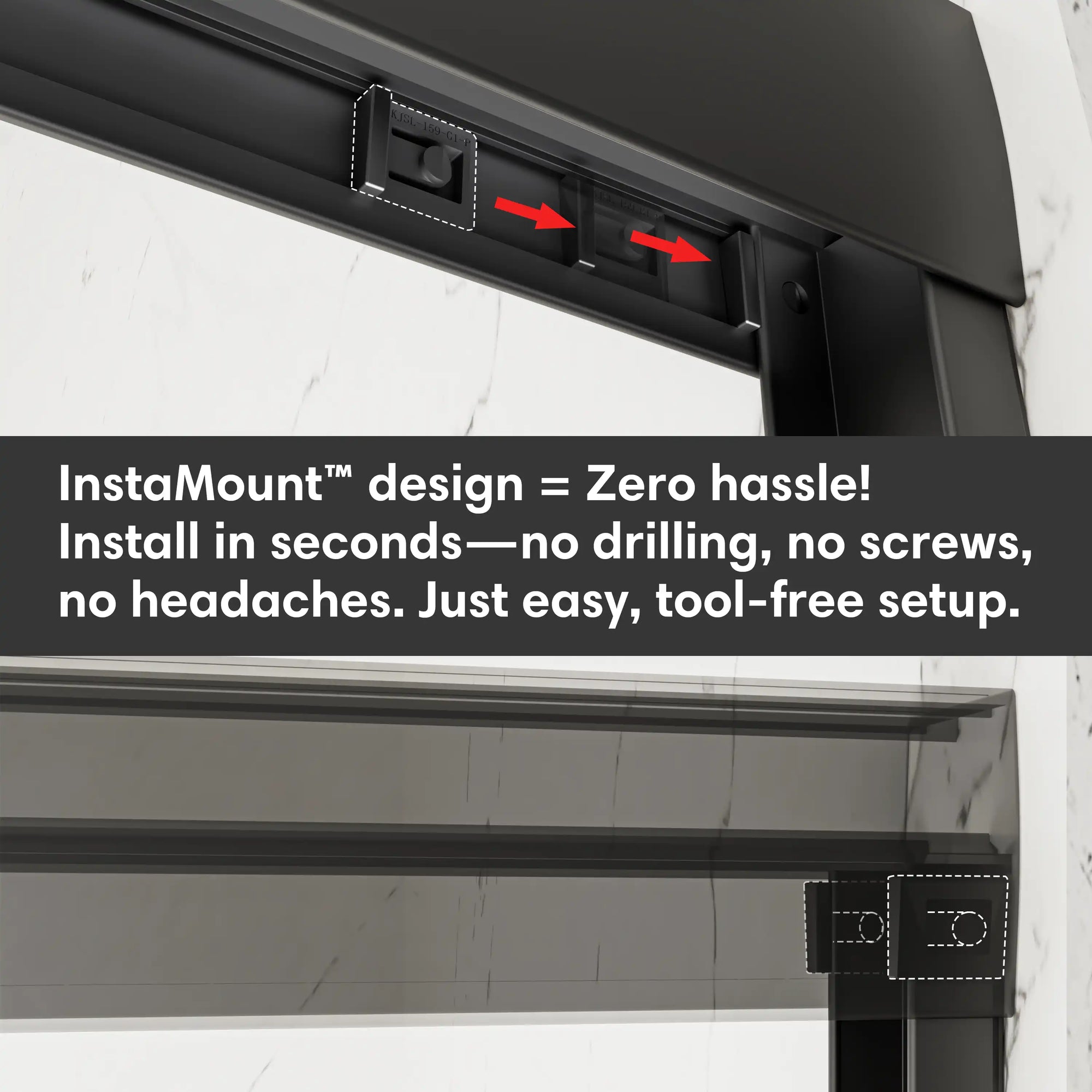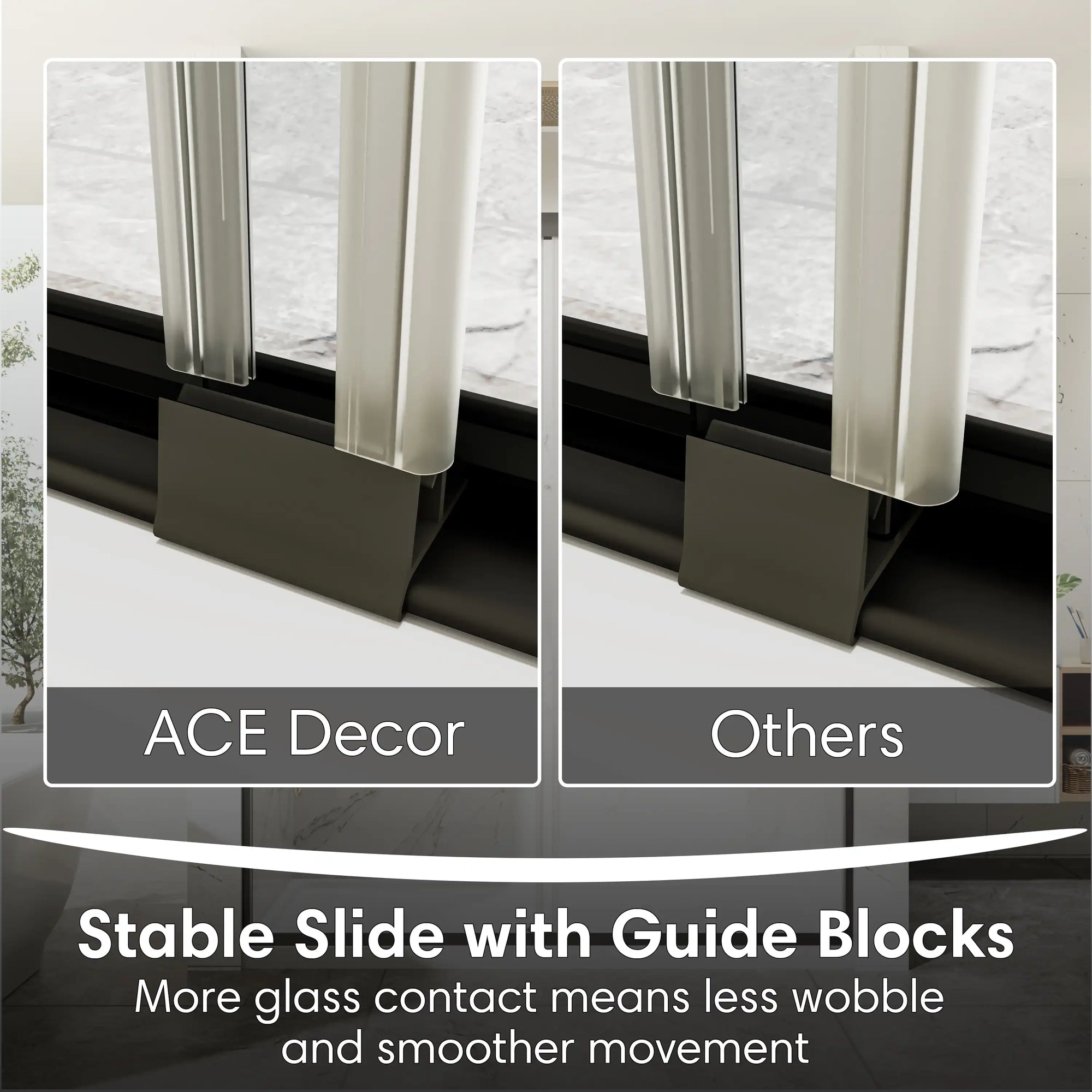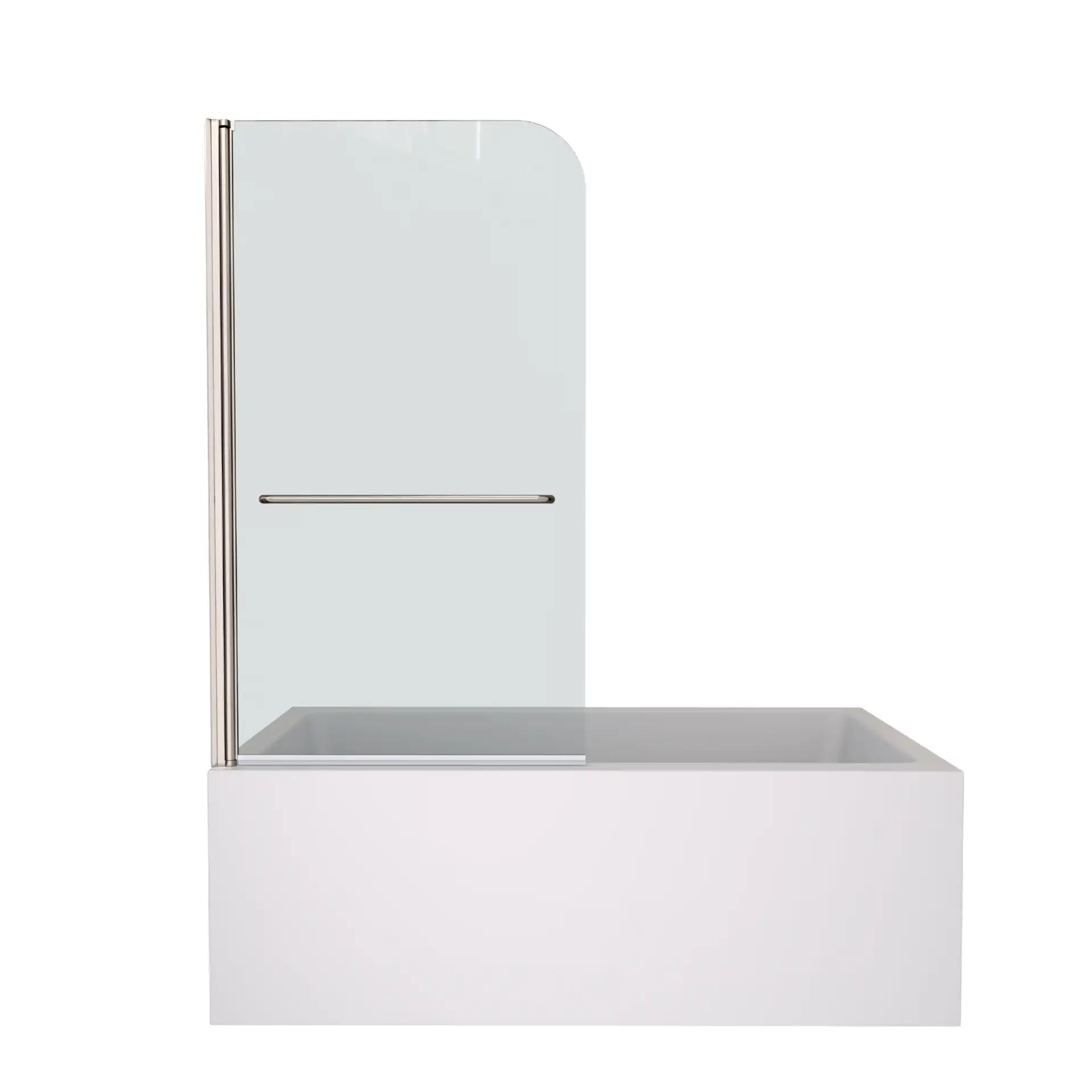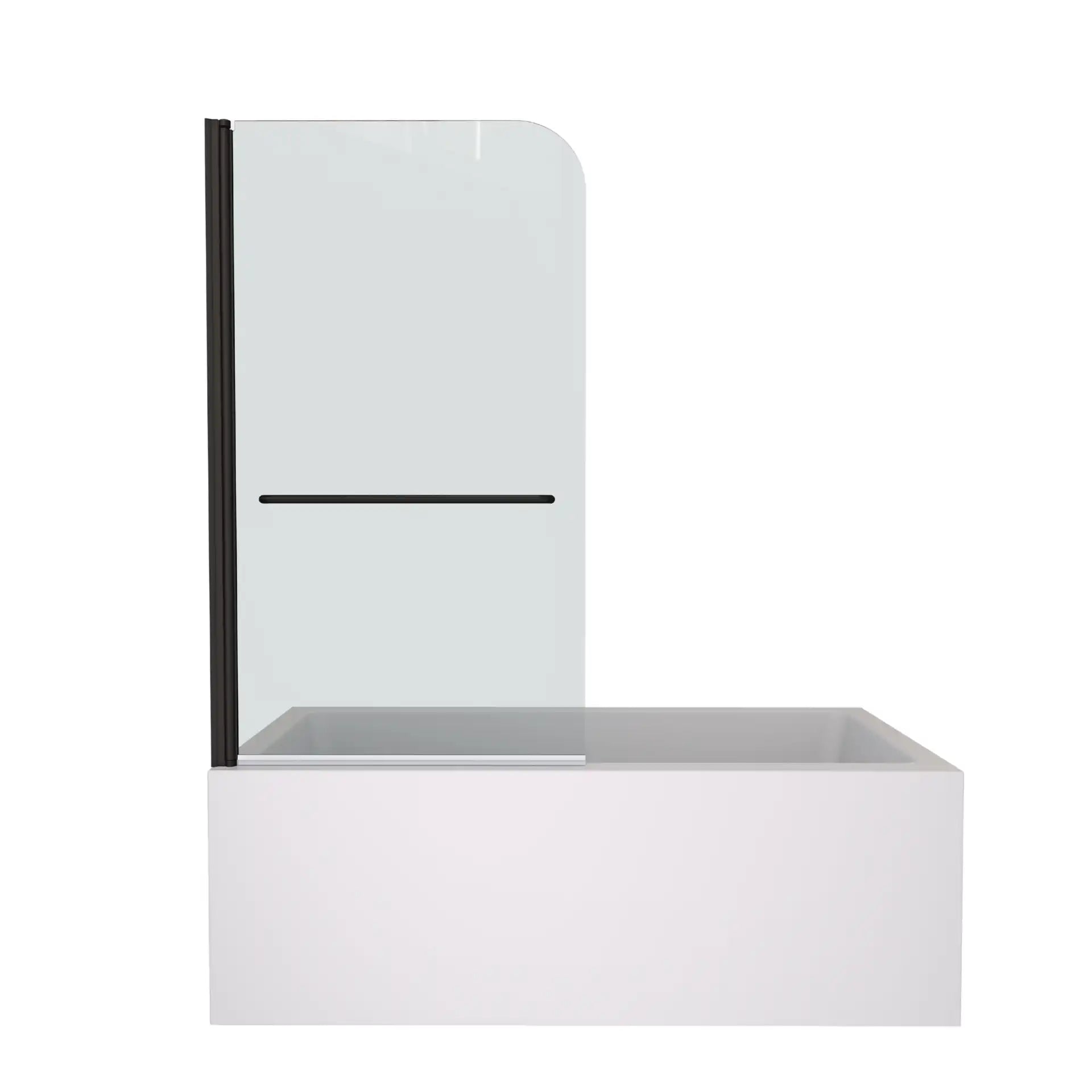Whether you’re embarking on a full-blown bathroom renovation or you’re simply tired of wrestling with that leaky faucet that coughs instead of flows, this guide will walk you through everything you need to know. From what to look for when ordering to how your purchase might best fit in your home, we’ve got you covered — no plumbing license required.
Table of Contents:
- 1. Two in One, Double the Comfort: What Makes Bathtub & Shower Faucets So Popular?
- 2. Key Features That Actually Make a Difference
- 3. Installation: Wall-Mounted, Deck-Mounted, or Freestanding?
- 4. Tips for Choosing the Right Faucet for Your Bathroom Style & Daily Routine
- 5. Care, Cleaning & Troubleshooting: Keep It Looking and Flowing Like New
- Conclusion: The Best of Both Worlds for a More Functional Bathroom
- FAQs: Your Faucet Questions, Answered
1. Two in One, Double the Comfort: What Makes Bathtub & Shower Faucets So Popular?
There’s a reason we’re seeing more of these bathtub & shower faucets in homes across the country than ever before: they’re the overachievers of the plumbing world.
Instead of having to decide between a tub and a shower setup, you get both. One unit. One space. Maximum convenience. You’re looking for a place to relax after a long day? Turn on the tap just right so that the tub fills with warm water. Pressed for time on a Monday morning? Flip over to the handheld shower and rinse off quickly. It’s as if a bathroom can have mood swings.
And for families who have kids or pets (or both!), that handheld shower is a life-saver. Baby bath time? Check. Washing a muddy Labrador? Double check. Washing sand from your feet after a visit to the beach? Triple check.
It’s not only about saving space — it’s also about means to building a bathroom that works for the way we live. So no surprise that more and more homeowners are looking to these multi-function marvels.

2. Key Features That Actually Make a Difference
Let’s get geeky — but have some fun too.
So what makes any bathtub & shower faucet combo better than the other? There are times when it needn’t be about cost, or sleek finishes. It’s about the clever, small features that make your daily life easier.
Switch Mechanism: Some faucets have a diverter, which is a lift-and-turn sort of knob you pull up a little to divert water from the tub spout to the shower head. Some have a push button or a twist dial. No matter what you pick, just be sure it’s intuitive and doesn’t demand Hulk-like force.
Spray Modes: The hand-held shower is not just for shampooing. And many models now come with massage settings, mist sprays and even eco-friendly water-saving modes. Want to experience being under a rainforest shower or get a spa-like massage? Pick your mode, and voilà.
Hose Length: You wouldn't think it would make much of a difference, but Hose Length is definitely something to consider! A longer hose (59 inches or more) allows more freedom — imagine trying to reach the other end of the tub without having to do yoga.
Drip-Free Valves: Nobody likes a dripping faucet. Modern ceramic valve technology keeps your flow tight and controlled, without the late-night “drip… drip…” keeping you awake.
The good news? You don’t need to commit plumbing specs to memory. Simply look for things that solve real problems in your world. It’s what makes the upgrade worth it.

3. Installation: Wall-Mounted, Deck-Mounted, or Freestanding?
Installing your bathtub & shower faucet is a little bit like picking out the right pair of shoes — it has to fit both your taste and your lifestyle.
Wall-Mounted: This is the most popular and space-saving solution for you. The faucet is wall-mounted above the tub, with the plumbing concealed behind. Clean lines, modern look. It’s a particular boon for tiny bathrooms.
Deck-Mounted: Visualize a faucet that sits right on the rim (or “deck”) of the bathtub. This is typical in drop-in and built-in tubs. It provides a traditional look and can sometimes give you more options to customize with handles and spacing.
Freestanding: If you have one of those chic stand-alone tubs — the kind that appears in a design magazine — a freestanding faucet will be your best friend. There’s the mounting from the floor, and the typically commanding arched neck; it is bathroom sculpture, essentially.
Consider your current plumbing setup before you make this choice. Converting a deck-mount tap to a wall-only isn't necessarily difficult, but you may need to shift some pipes around. Not impossible, just something to flag early.

4. Tips for Choosing the Right Faucet for Your Bathroom Style & Daily Routine
Let’s be honest — not every household is made in the shade. Some mornings are like a Formula 1 pit stop, others like a yoga retreat. So when considering your bathtub & shower faucet, don’t just consider the aesthetics.
Got kids? You’ll want something durable, that you don’t have to bend to operate or turn on or off, and that has a soft spray setting to use during bath time.
Live with elderly family members? Opt for ergonomic levers and a hand shower with a wall-mount bracket at a lower level.
Style-conscious? Chrome and brushed nickel are classic, while matte black and brushed gold are cool and trendy without being over-the-top.
Tight schedule? You’re going to appreciate a thermostatic mixer — it will keep the water temperature consistent, so no more cold shocks in the middle of your shower.
Make a list of what frustrates you about your current faucet. Then match it against these features. Chances are, the right faucet is the one that solves the most headaches.

5. Care, Cleaning & Troubleshooting: Keep It Looking and Flowing Like New
Let’s face it — no matter how beautiful your bathtub & shower faucet looks, it’s not going to keep you in the mood forever if you don’t give it some TLC. But Here’s the good news: maintaining it in a clean and tidy condition requires neither a degree in chemistry nor a cleaning crew. It’s so easy really, and kind of satisfying
🧼 Cleaning Tips
Soap scum, limescale and fingerprints: the unholy trinity of faucet grime. But don’t panic. A little spray-love of an water and vinegar parts mixture dabbed with a soft cloth is magical. For added shine, buff with a microfiber towel. Order to skip abrasive sponges, unless you like that brushed metal look—forever.
🛠️ Troubleshooting Common Problems
Dripping after shutoff? Probably a worn cartridge or valve — a common issue and usually a cheap fix.
Weak water flow? Could be build-up in the holes of the aerator or shower head. Soak and scrub them well.
Can’t switch from tub to shower? The diverter valve may be partially clogged or sticking. A bit of lubrication (or, worst case, a spare part) should do the trick.
Regular maintenance not only prevents loose screw handles (or the like), but also allows you to notice tiny problems before they become costly headaches. So wipe and twist it out from time to time — your future self (and water bill) will thank you.

Conclusion: The Best of Both Worlds for a More Functional Bathroom
So there you have it — the unsung but heroic bathtub & shower faucet, in all its two-in-one glory. It saves space. It simplifies your life. It’s perfect for both the morning scramble and Sunday night soak, and looks even more beautiful with contemporary appliances in your bathroom.
And the best part? It doesn’t ask for much in return — just a little installation and a spot on your wall (or tub).
Whether you’re renovating a tired space, upgrading your space with thoughtful functionality or just looking to sate your own curiosity about what’s available, picking out the right combo faucet helps to put you on the path to an improved daily routine.
FAQs: Your Faucet Questions, Answered
Q1. Can I use the shower head and tub spout at the same time?
A: Usually, no. Most systems are designed to direct water to either the tub or the shower, not both at once. That said, switching between them should be smooth and instant.
Q2. How do I switch between tub and shower modes?
A: Look for a diverter mechanism — often a pull-up knob on the tub spout, a button, or a separate dial. It redirects the water flow with a single move.
Q3. What’s the best faucet material for long-term use?
A: Brass and stainless steel are your best bets. They're rust-resistant, durable, and easy to clean. Avoid cheap plastic finishes.
Q4. Is it difficult to install one of these on my own?
A: If you're handy with tools and the plumbing connections are already in place, it’s totally doable. If not, calling in a plumber for a couple of hours might save you some headaches (and leaks).
Q5. What else can I use the handheld shower for besides bathing?
A: Oh, so much. Pet washing, tub cleaning, rinsing gear, watering plants — you name it. It’s basically your bathroom’s Swiss army knife.
Related Articles
The Ultimate Guide to Types of Bathtub Faucets: Which One Fits Your Style (and Your Tub)?
How to Install a Bathtub Faucet: Floor, Wall, and Deck Mounted Options Made Simple
Bathtub Leaks Often Come From These Overlooked Bathtub Faucet Valve Parts
